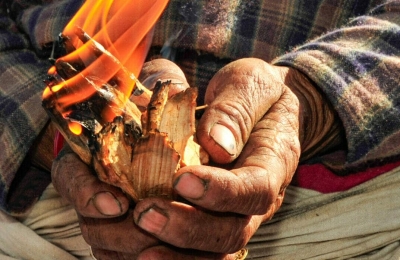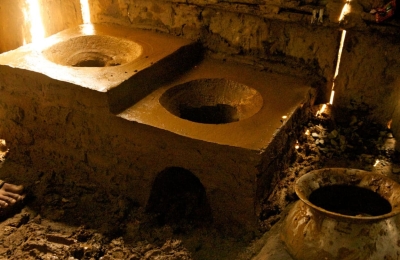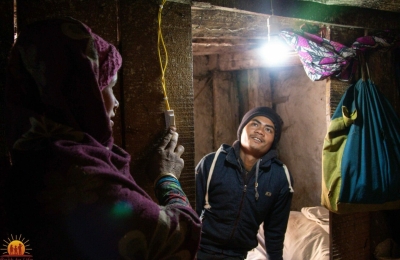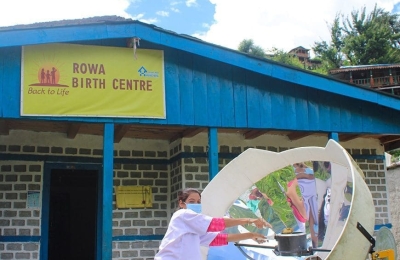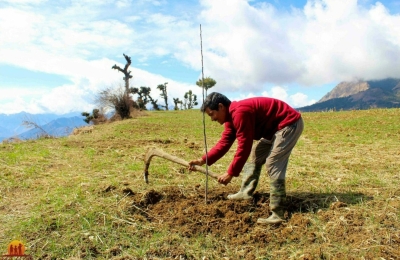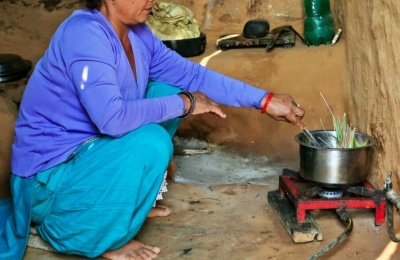Why we are committed to environmental protection
Life without Electricity and Light
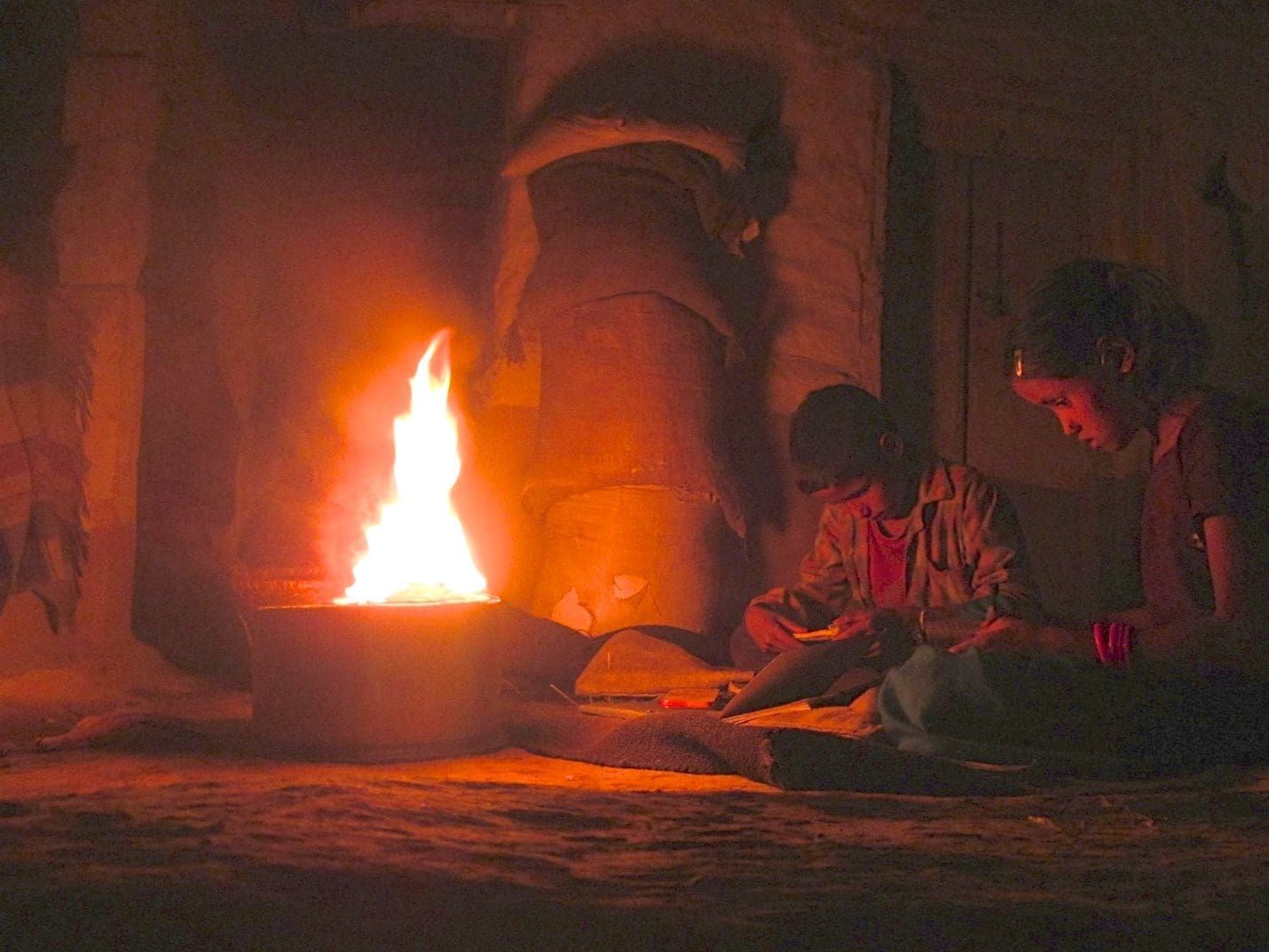
Safety Risk
But open fires pose another high risk: many accidents occur, resulting in severe, often life-threatening burns. Apart from the danger to life and limb, entire houses burn down time and again, and with them the livelihood of the families.
Forest Degradation
Nepalis are traditionally closely associated with the forest. For generations, they managed the forest to gain access to food, energy, drinking water and medicinal plants. Progressive deforestation thus threatens not only valuable ecosystems, but also the livelihoods of the already very poor population, as the availability of food, fodder and energy continues to decline. The degradation of the forests has also increased the risk of flooding and landslides, which have increased massively, especially in the rainy season. And it is precisely in the global fight against climate change that the protection of forests, as one of the largest CO2-reservoirs, is of immense importance.
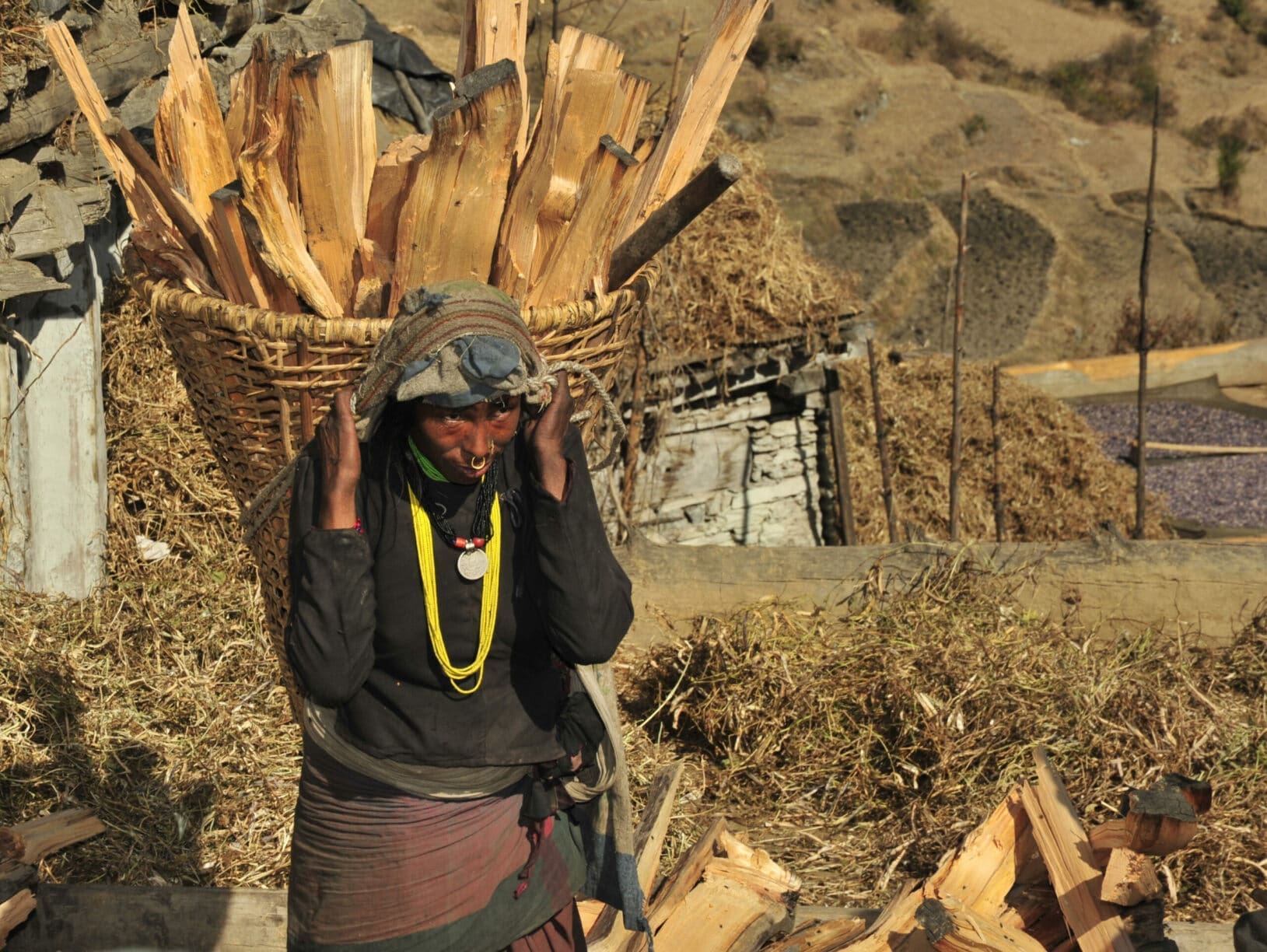

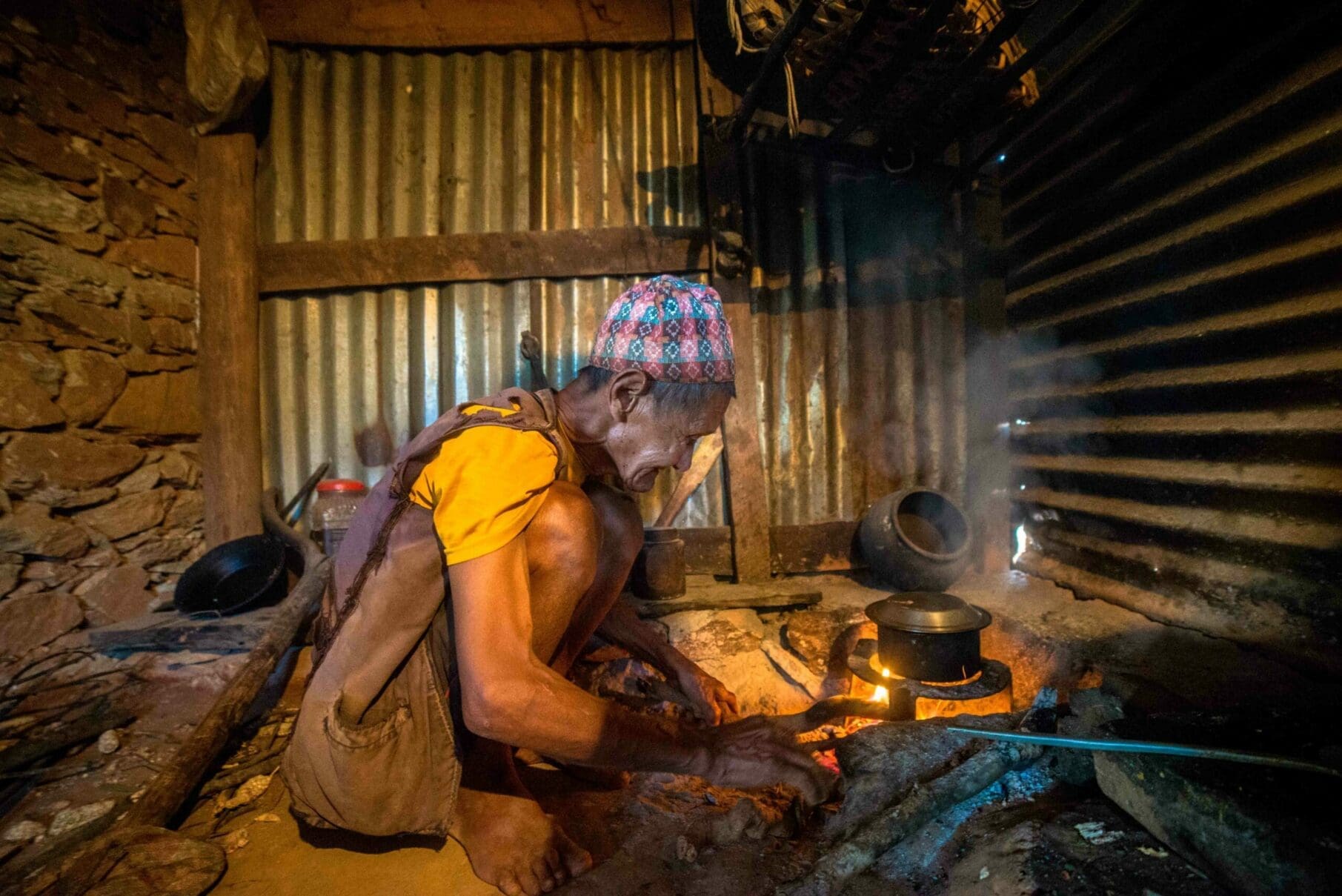

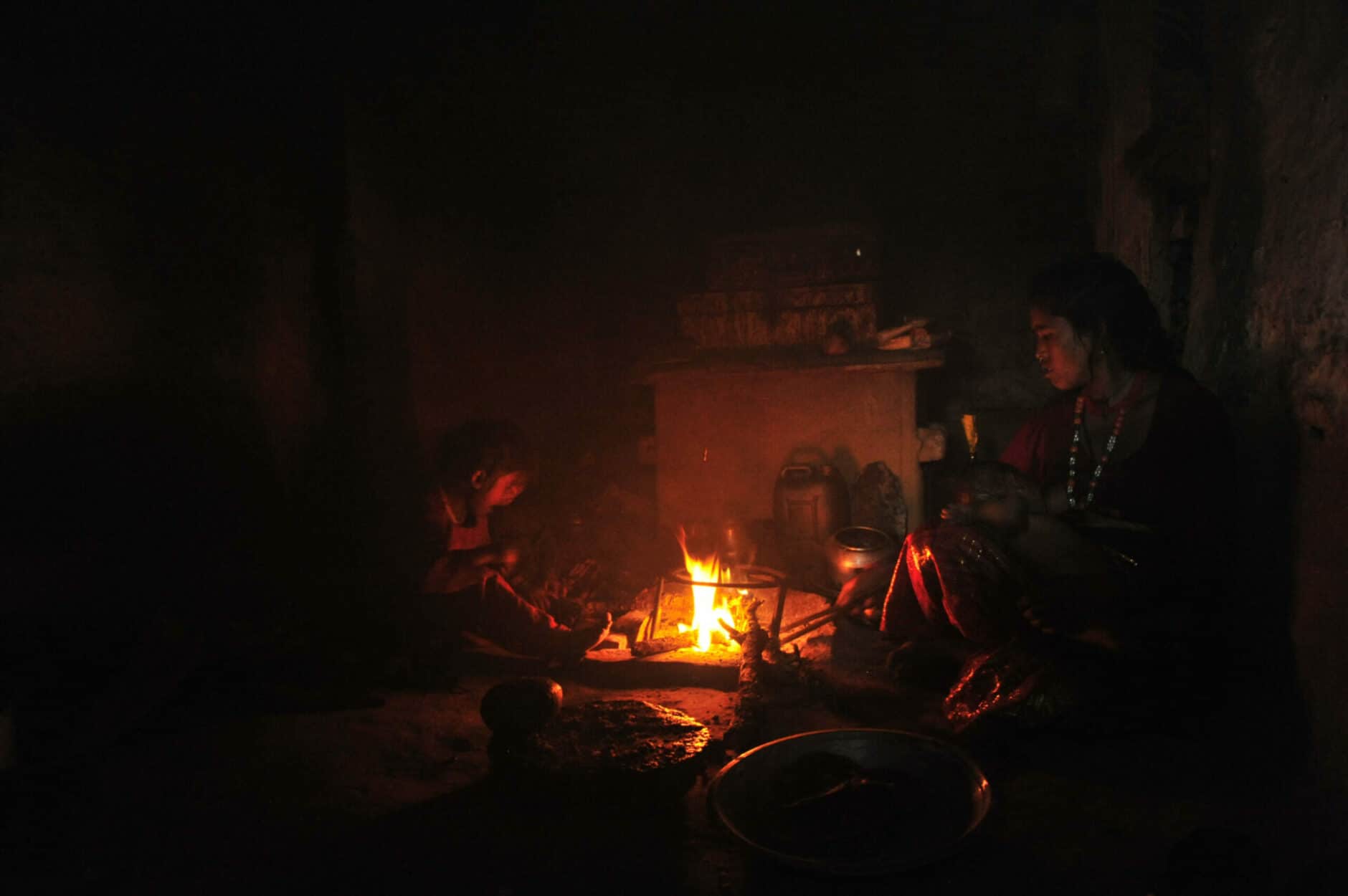

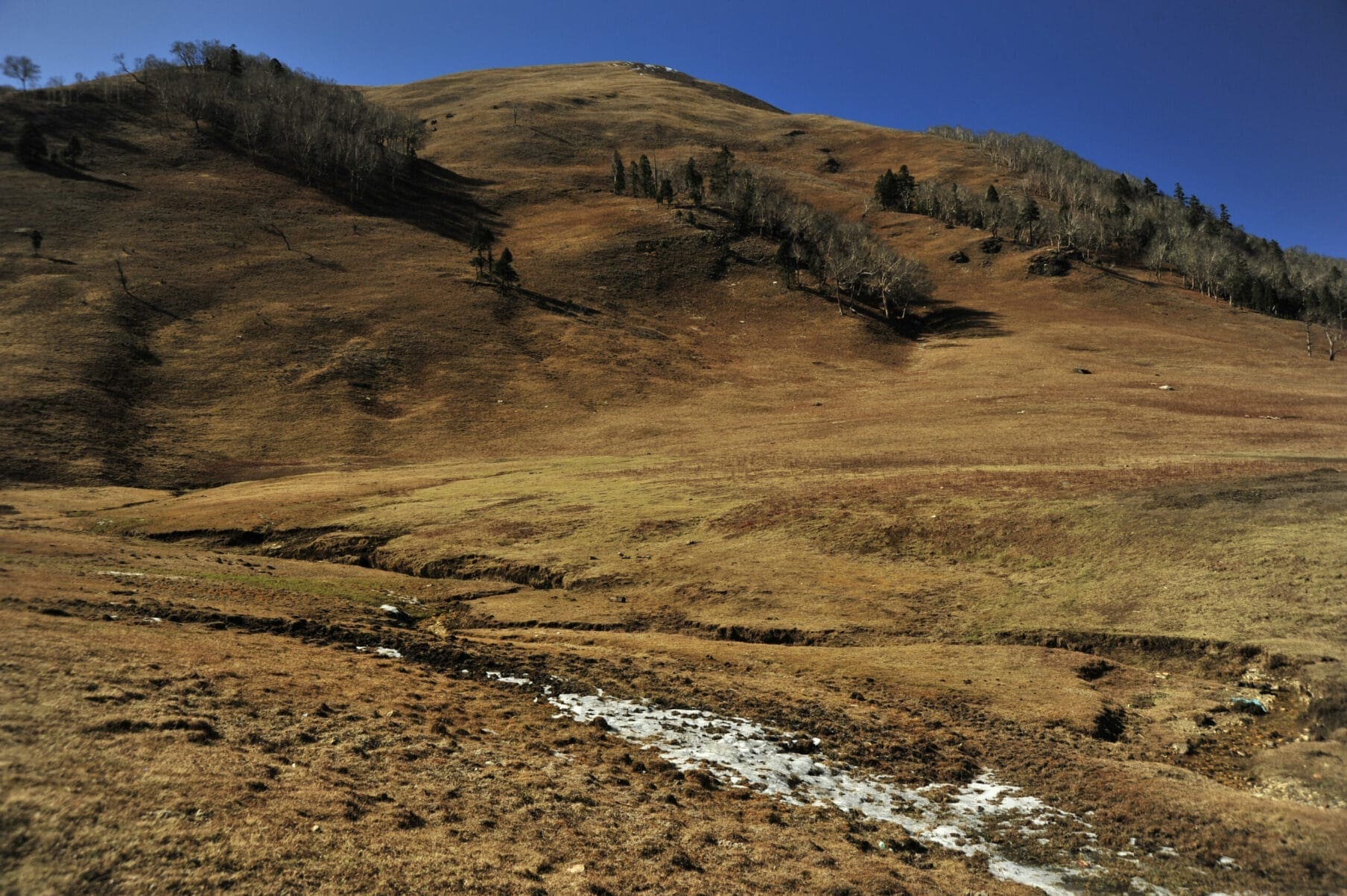

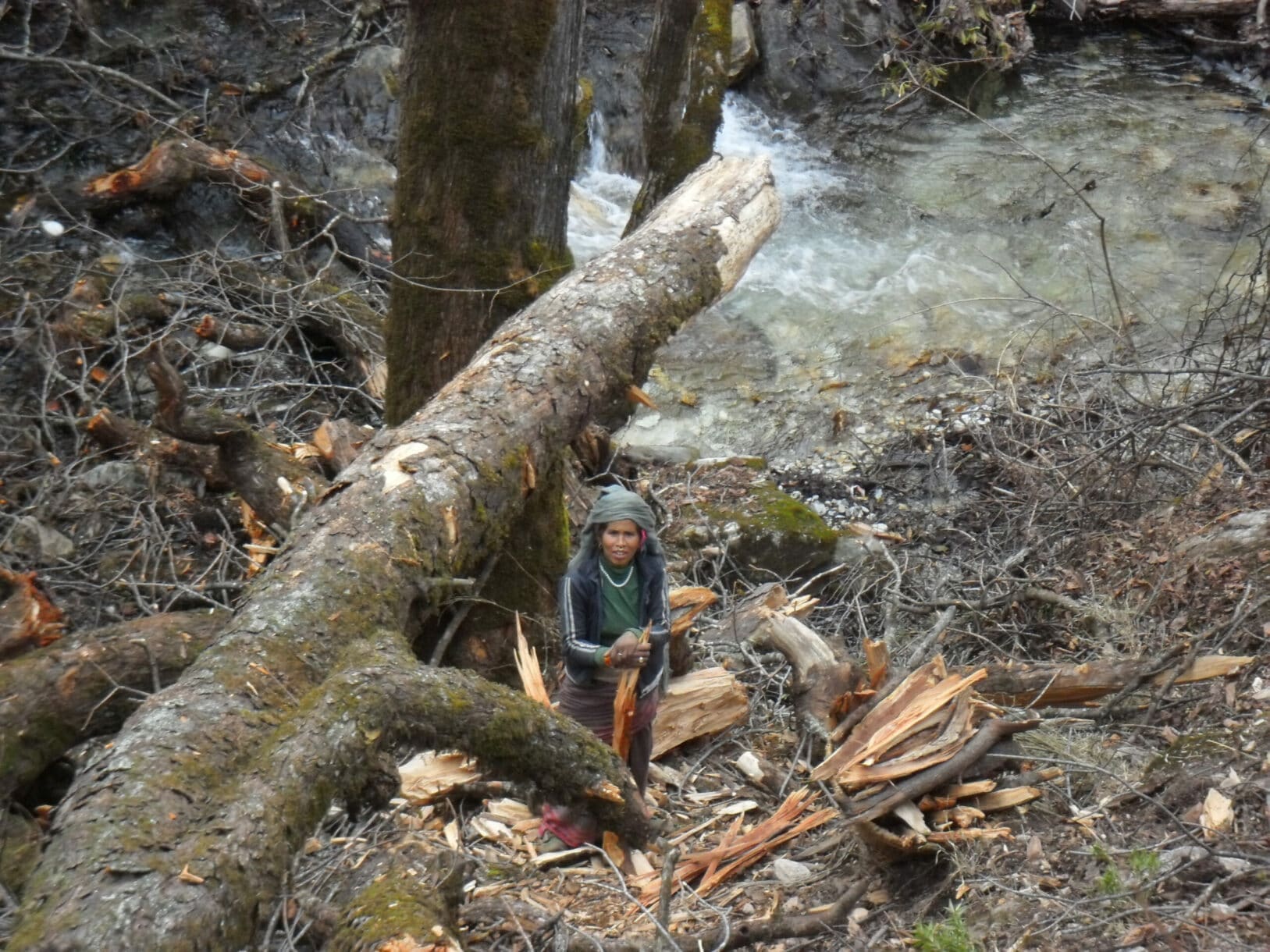

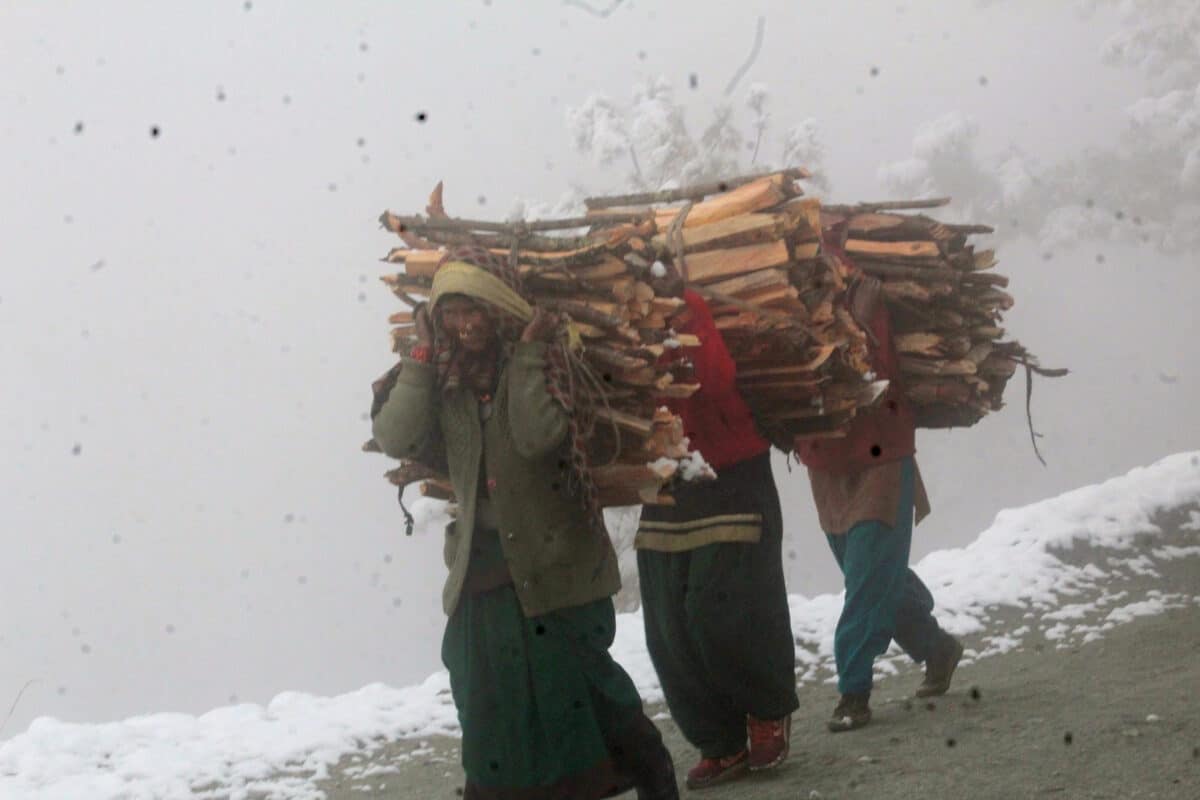

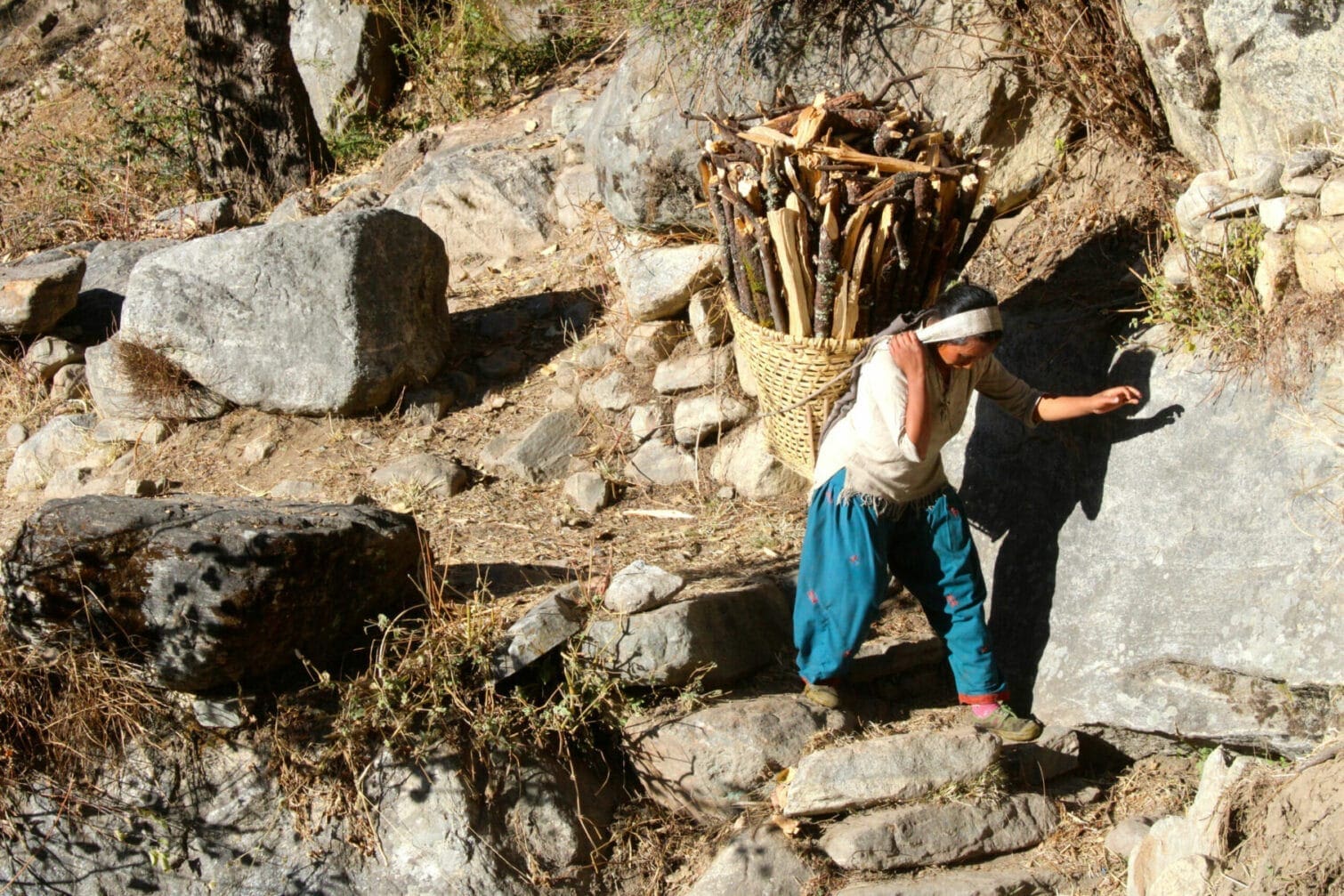

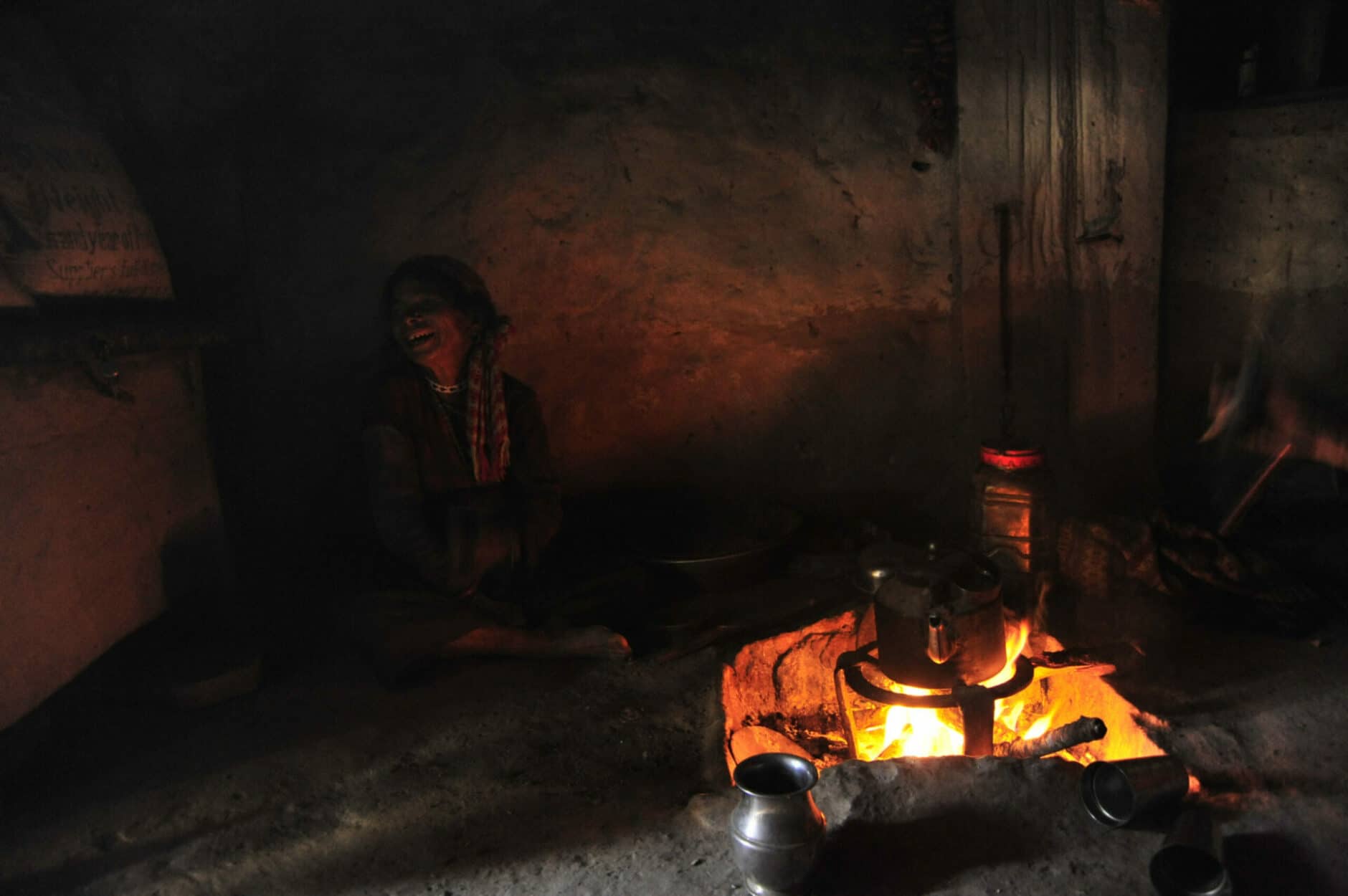

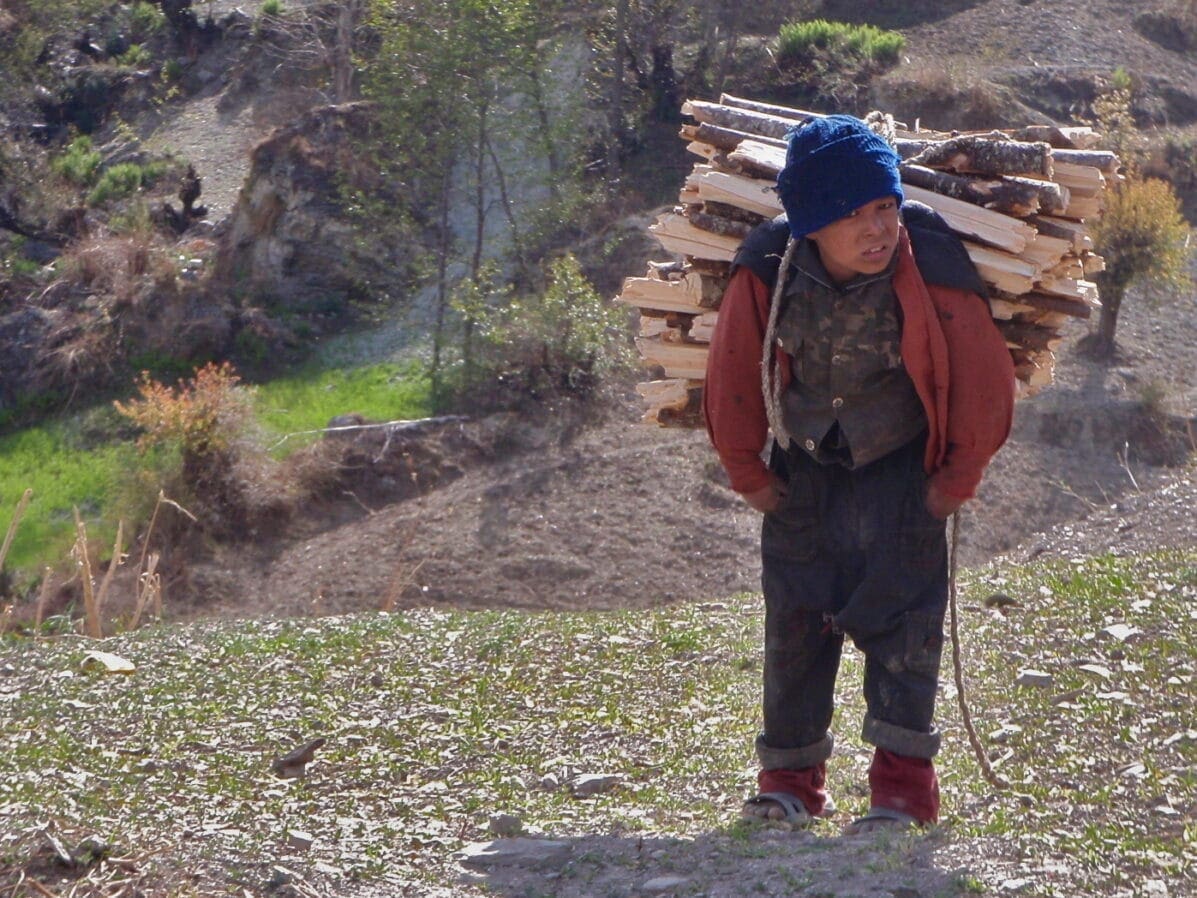

These are our solutions for man and nature
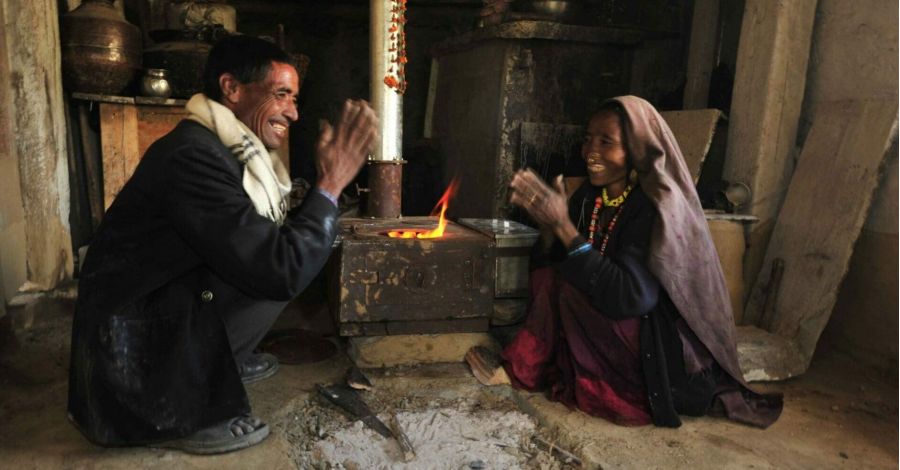
Smokeless Stoves
With the help of energy-efficient smokeless stoves, water or meals can be heated more quickly and the consumption of firewood is significantly lower than with traditional open fires. The insulation provided by a double metal base helps to store the heat generated. The heat of the stoves is regulated and the smoke produced is led outside through a pipe.
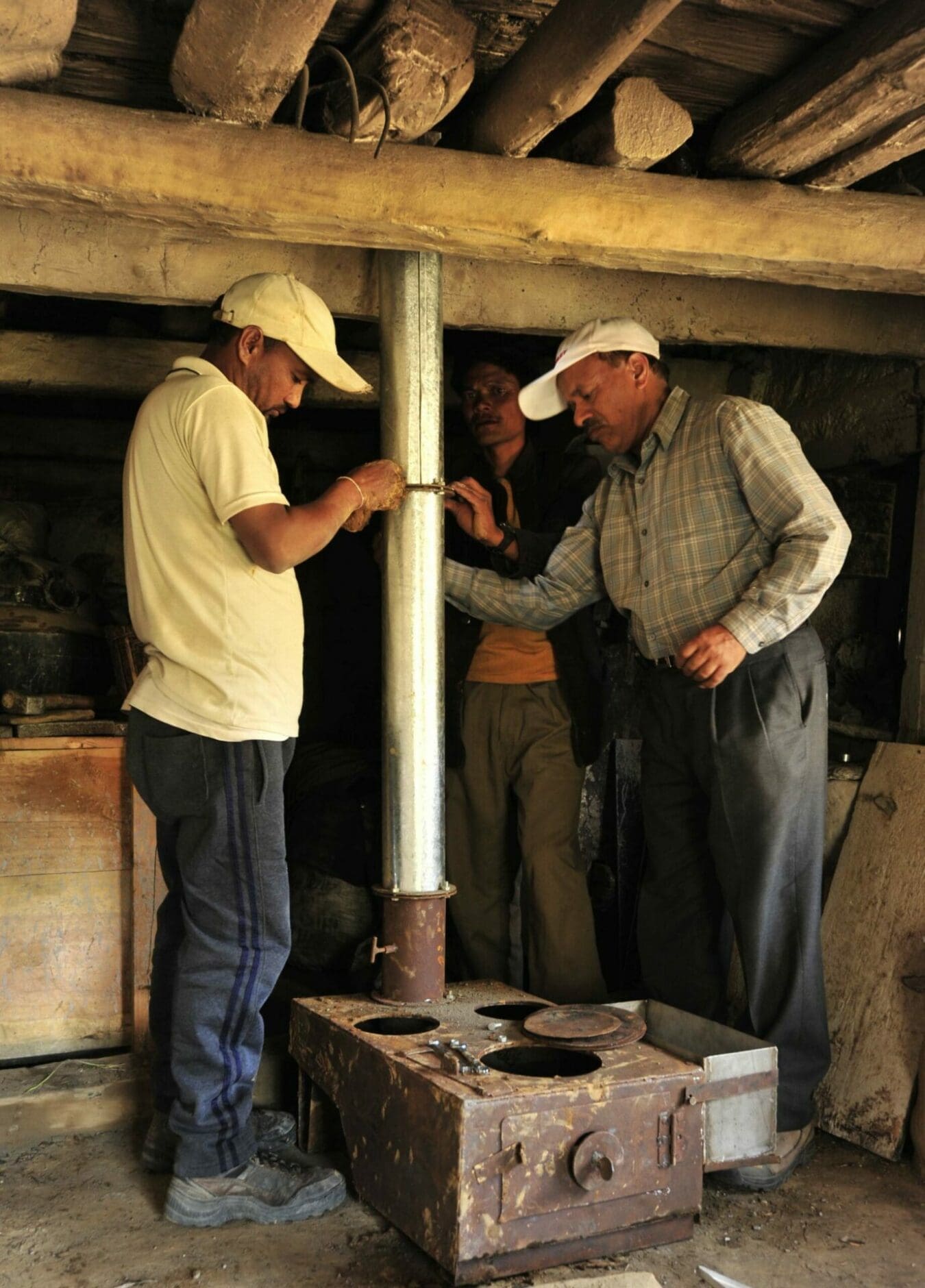
Clean and Safe
Over 19,000 people
breathe a sigh of relief
During the needs assessment, our team ensures that all households in a village are covered. After families transport the stoves home, trained technicians help install them and instruct people on cleaning and maintenance. Their service life is at least 15 years – an investment that clearly pays off.
Less Environmental Impact
Households that use smokeless stoves require up to 50% less firewood. Therefore, improved cookstoves are an important factor in reducing deforestation rates and maintaining carbon storage in forests. It is estimated thatCO2-emissions can be reduced by 2.5 tonnes per cooker per year. In addition, preserving local forests protects wildlife habitat and reduces the risk of natural disasters.
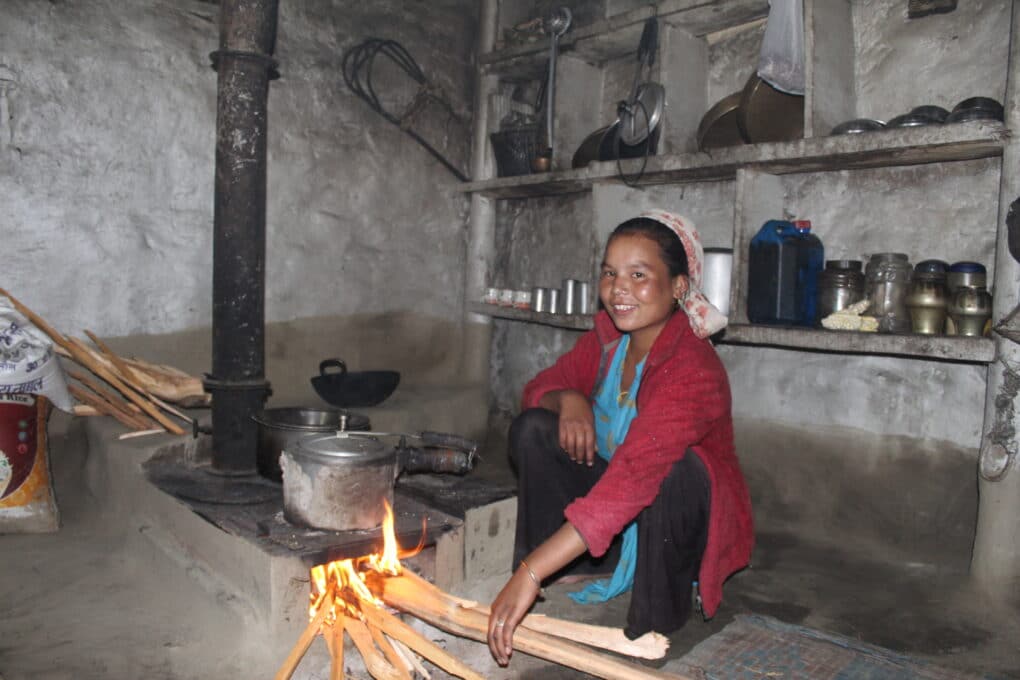
More Time and Energy
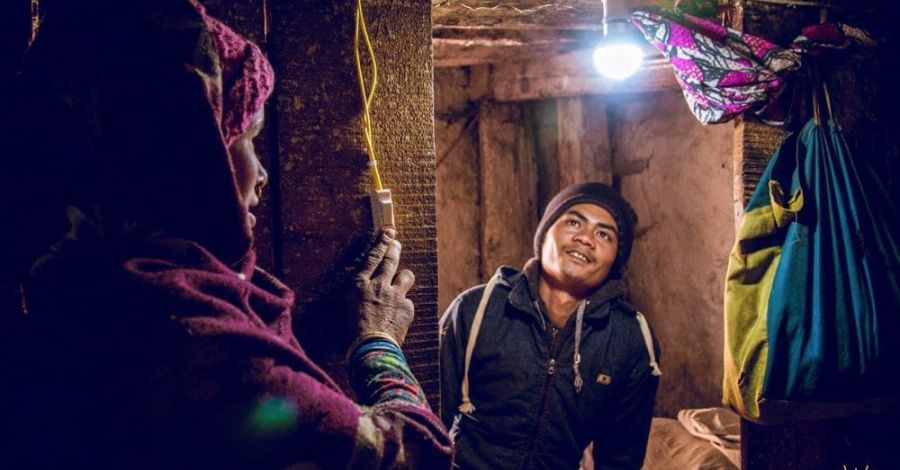
Solar Light
This marks the beginning of a new era for families, the open fire in the middle of the room as the only source of light is now a thing of the past. Our technicians install the solar lighting systems on site and educate residents on how they work and how to maintain them. Families can do minor repair work themselves through these instructions.
Light
Through Clean Energy for over 21,000 People in the Mountains
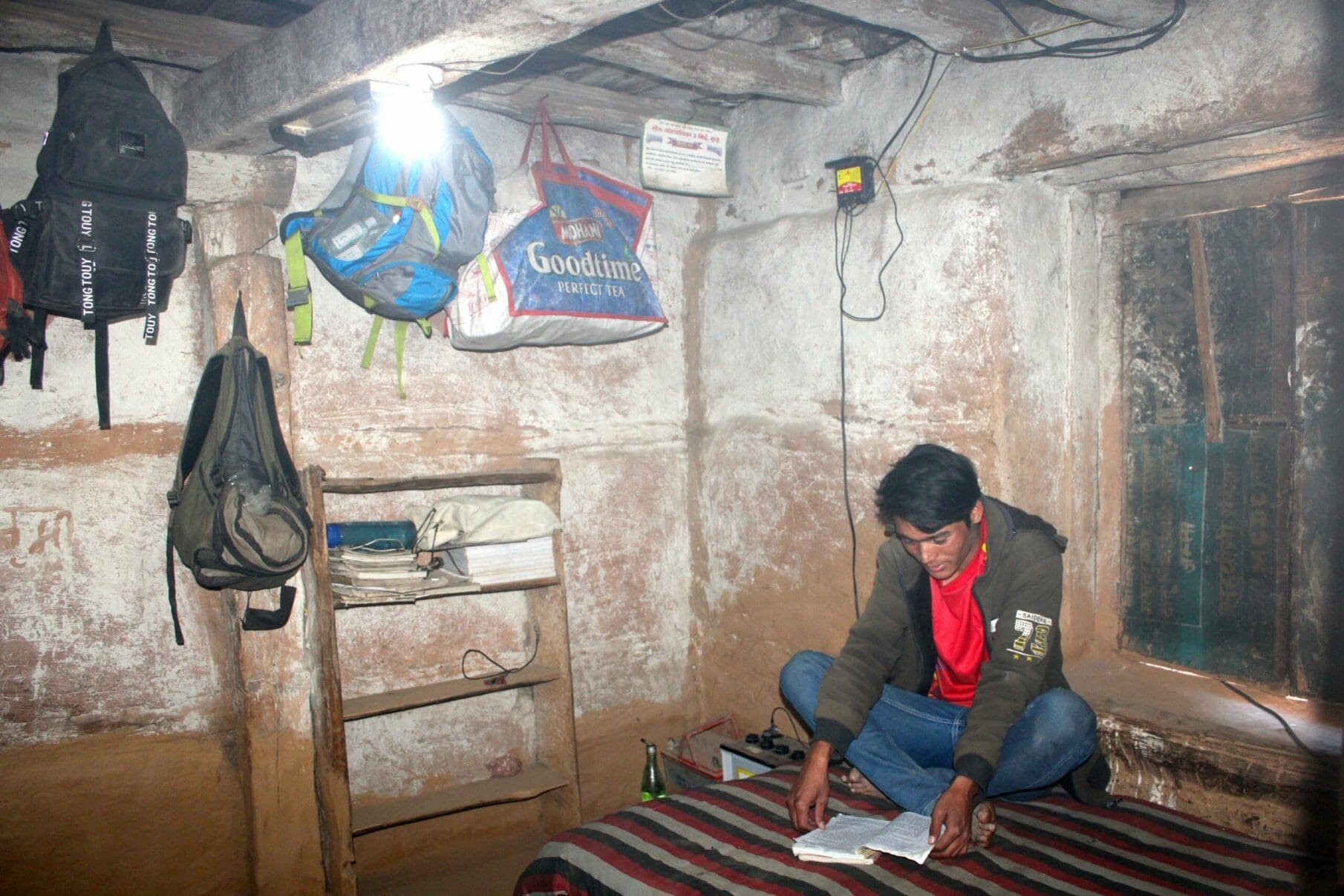
A Difference like Day
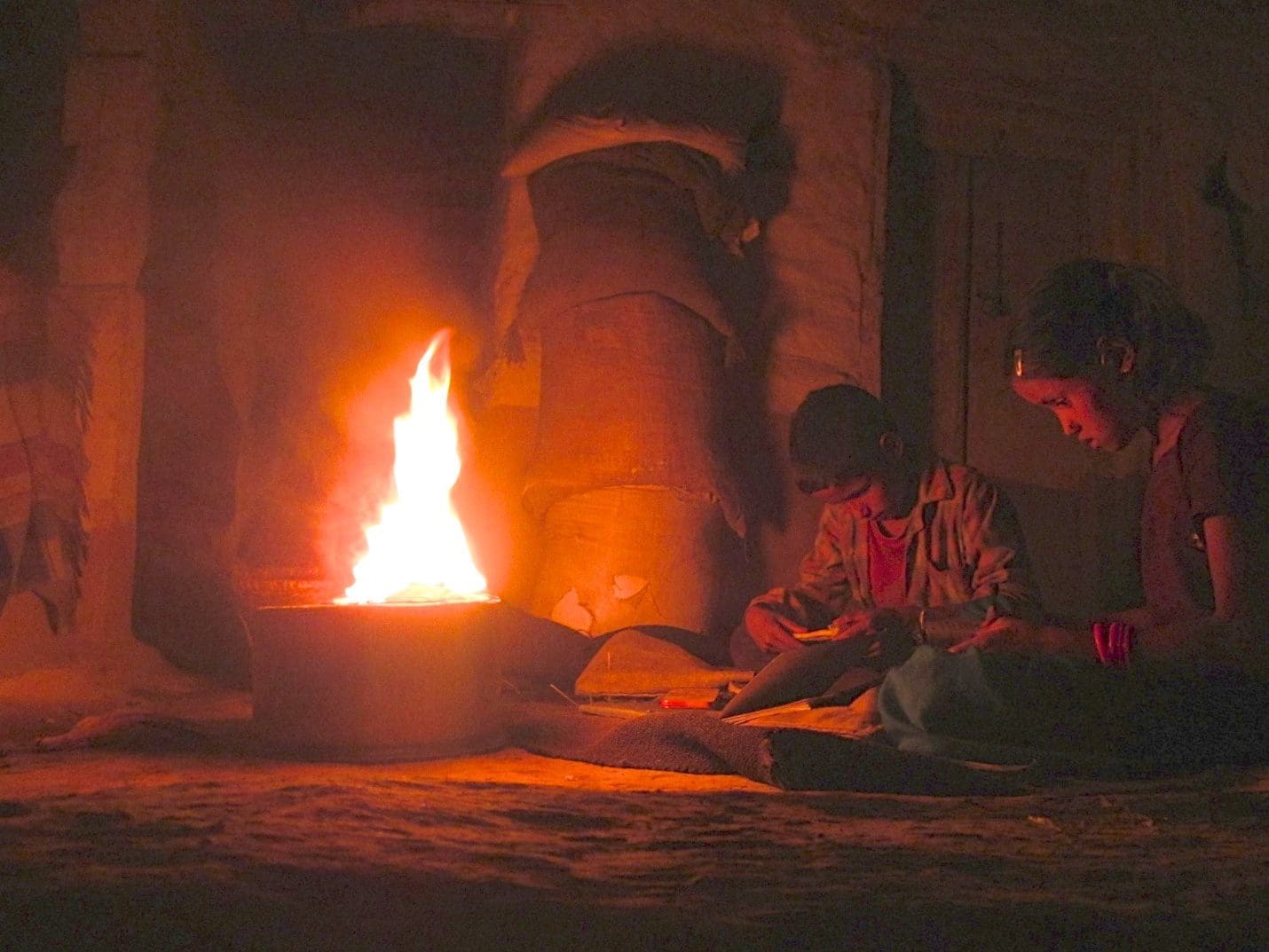
and Night
Sustainable for People and the Environment
By providing access to sustainable, renewable energy through solar panels, a vital contribution is made to raising the standard of living of the village population. Clean energy brings many benefits for people and the environment: risky open fires and kerosene lamps are replaced by the use of solar cells. This reduces CO2, emissions, significantly reduces the risk of fire and improves air quality. It also counteracts deforestation and protects natural resources.
Life Becomes Easier
In addition, the whole family benefits from having light available in the evening to do needlework or homework. Especially for women, the work in the household is made much easier. This can make a decisive contribution to combating poverty and optimising educational opportunities.
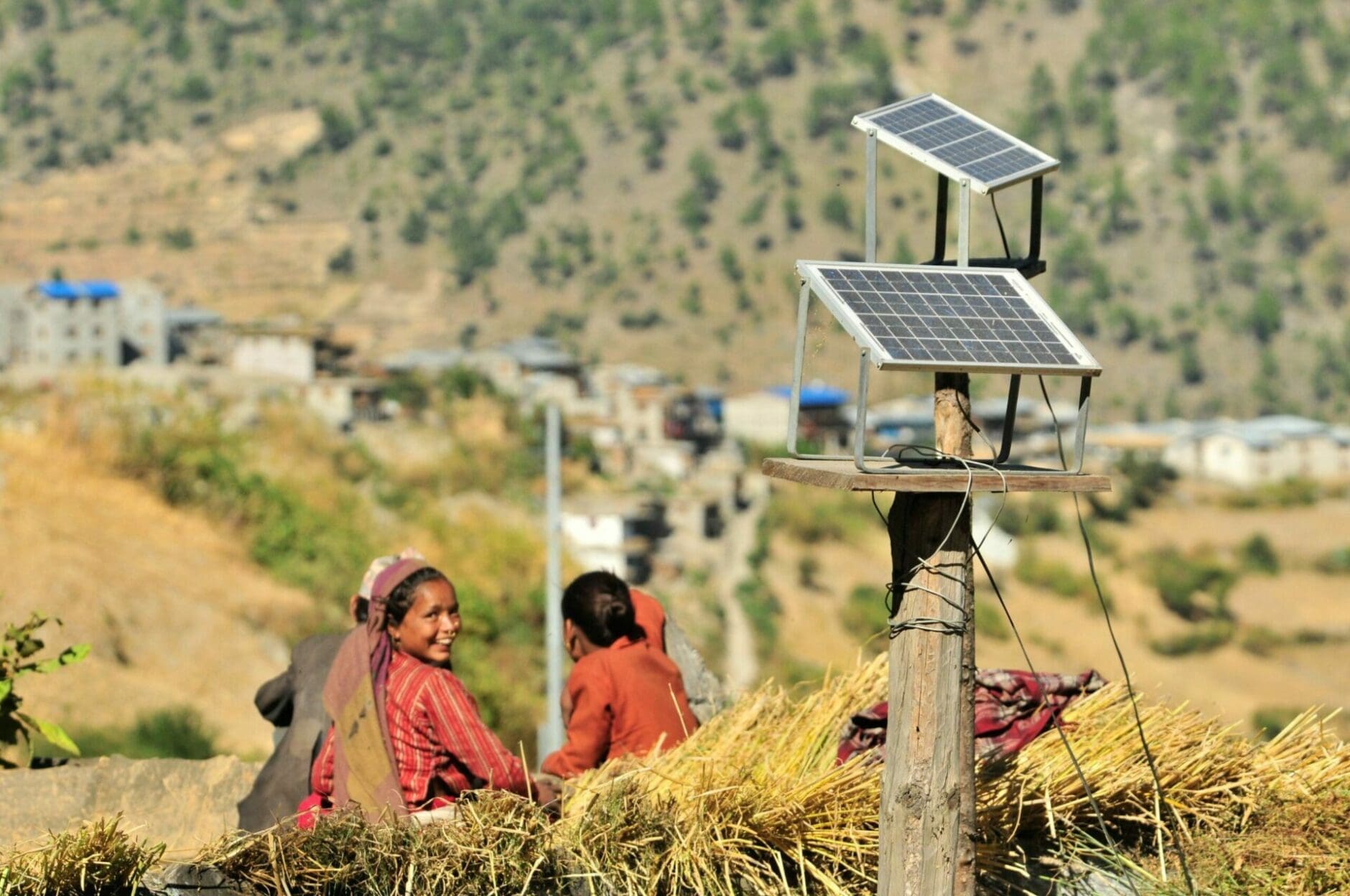
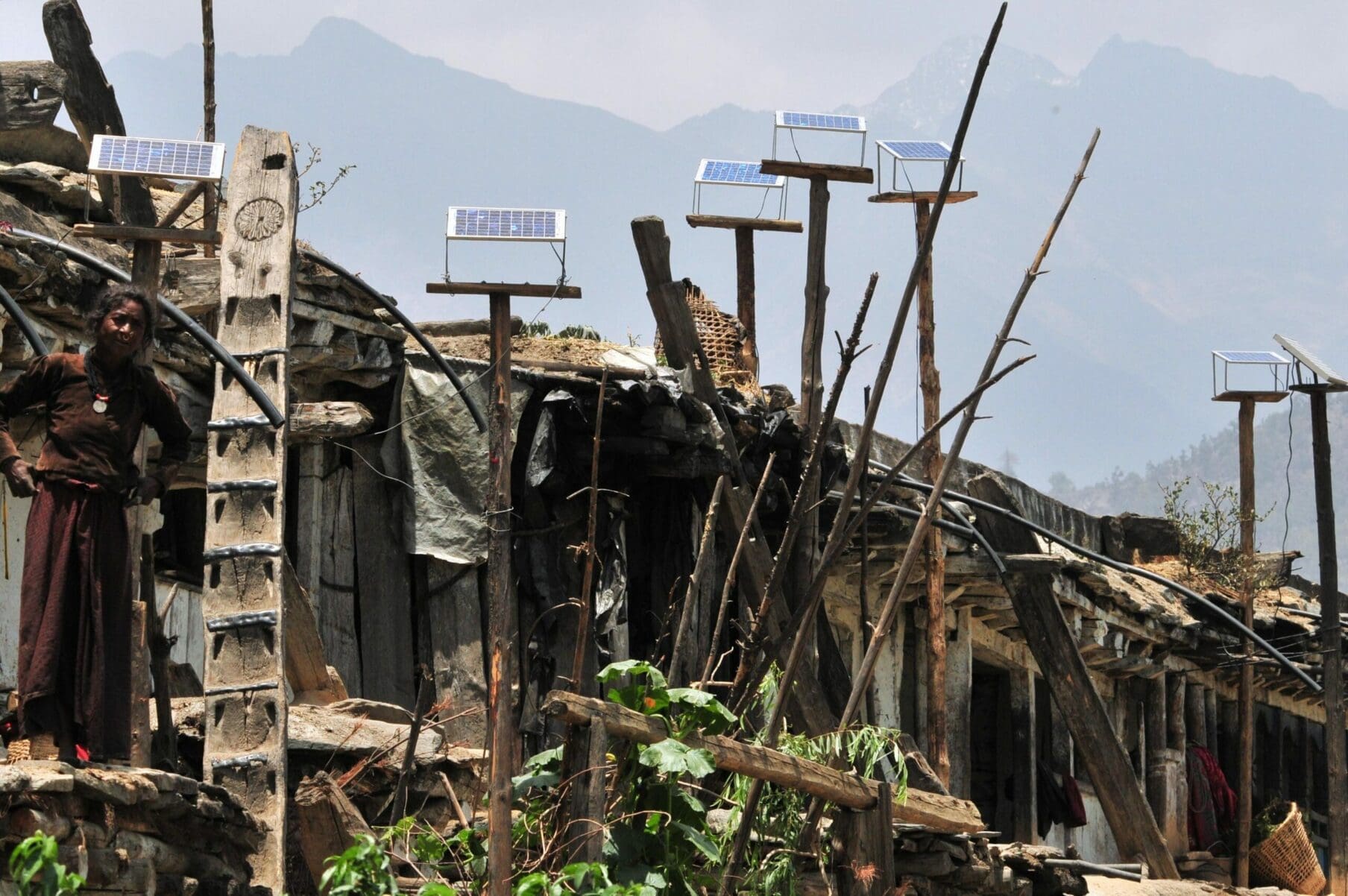
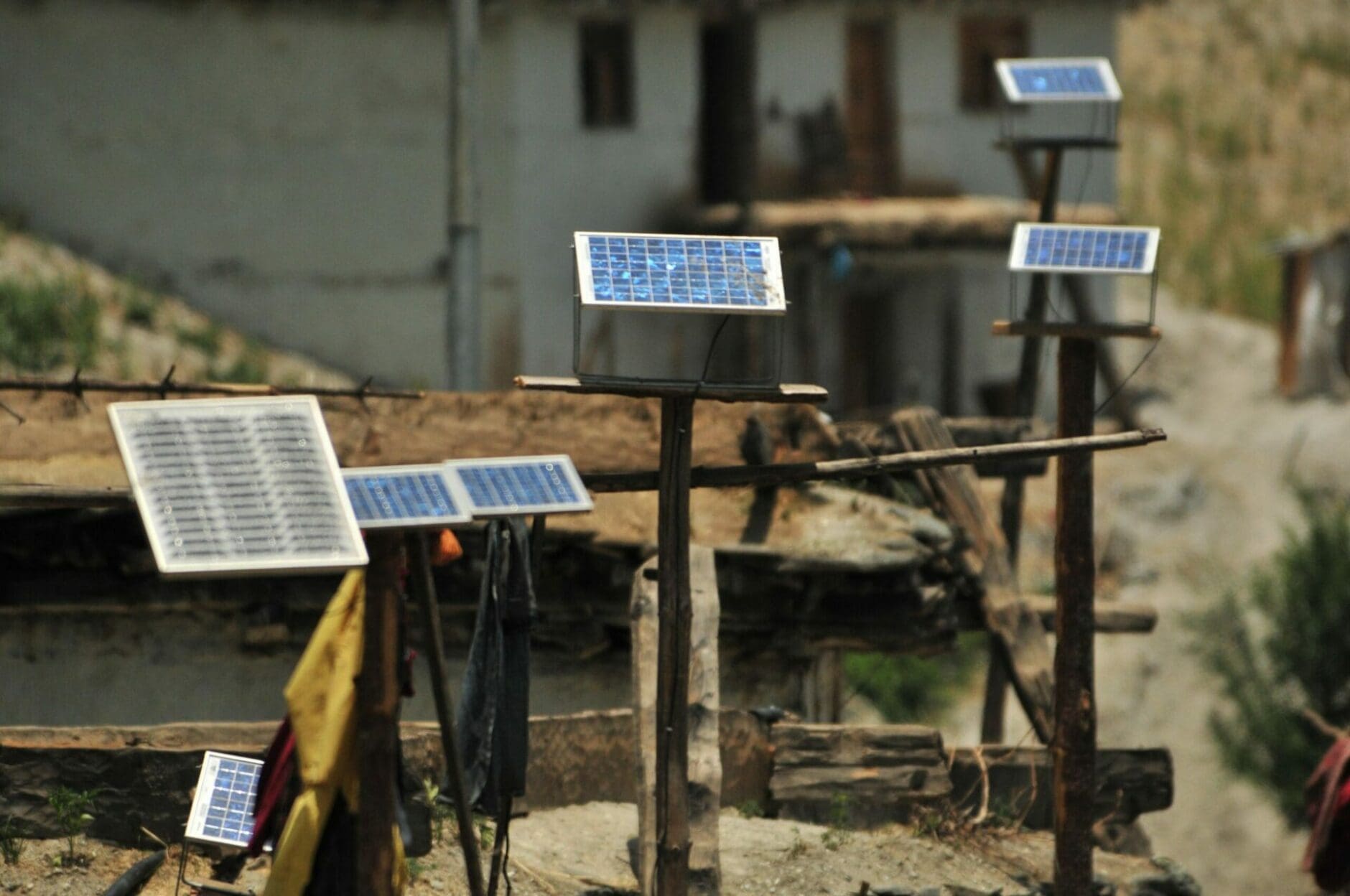
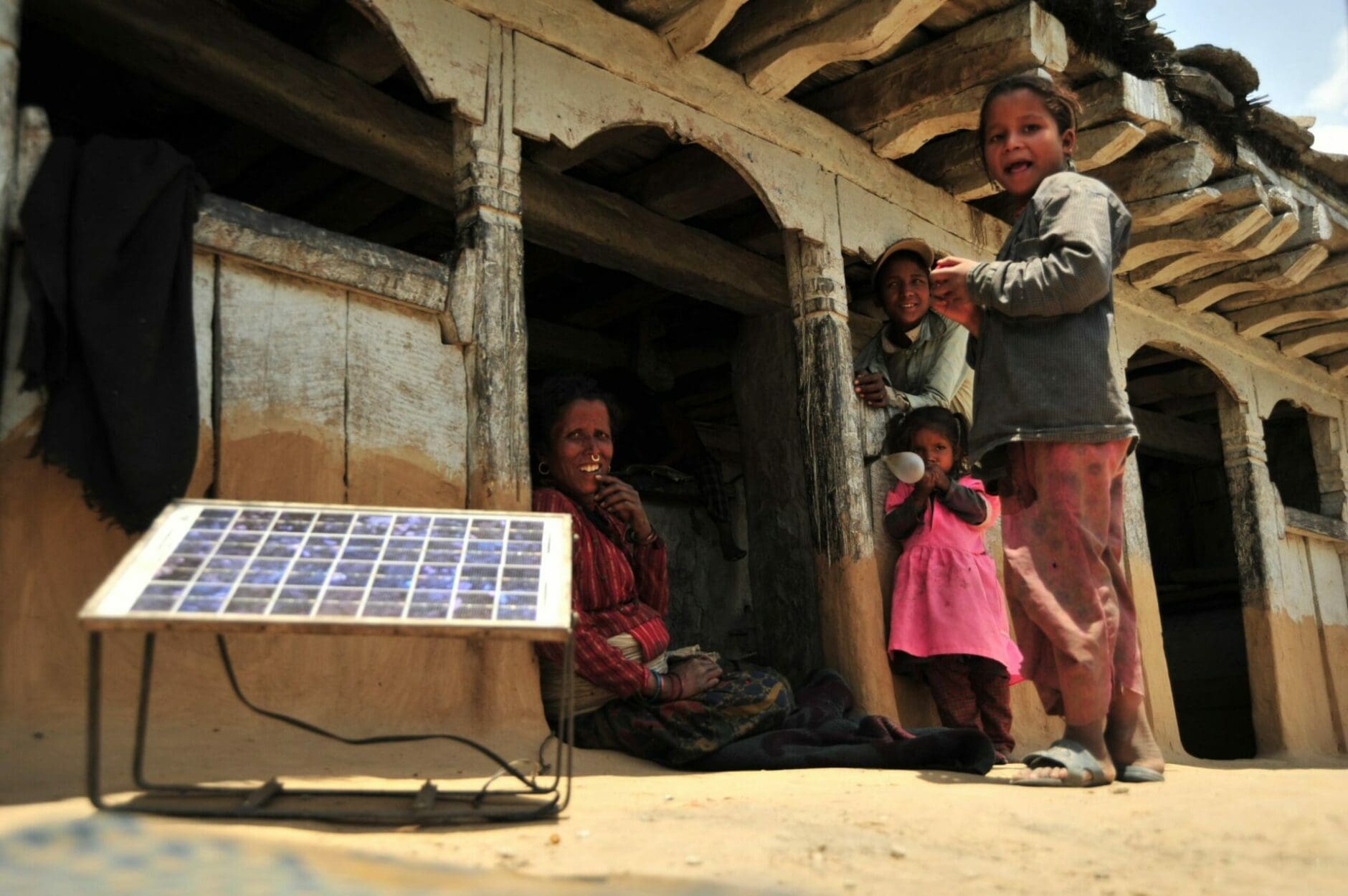
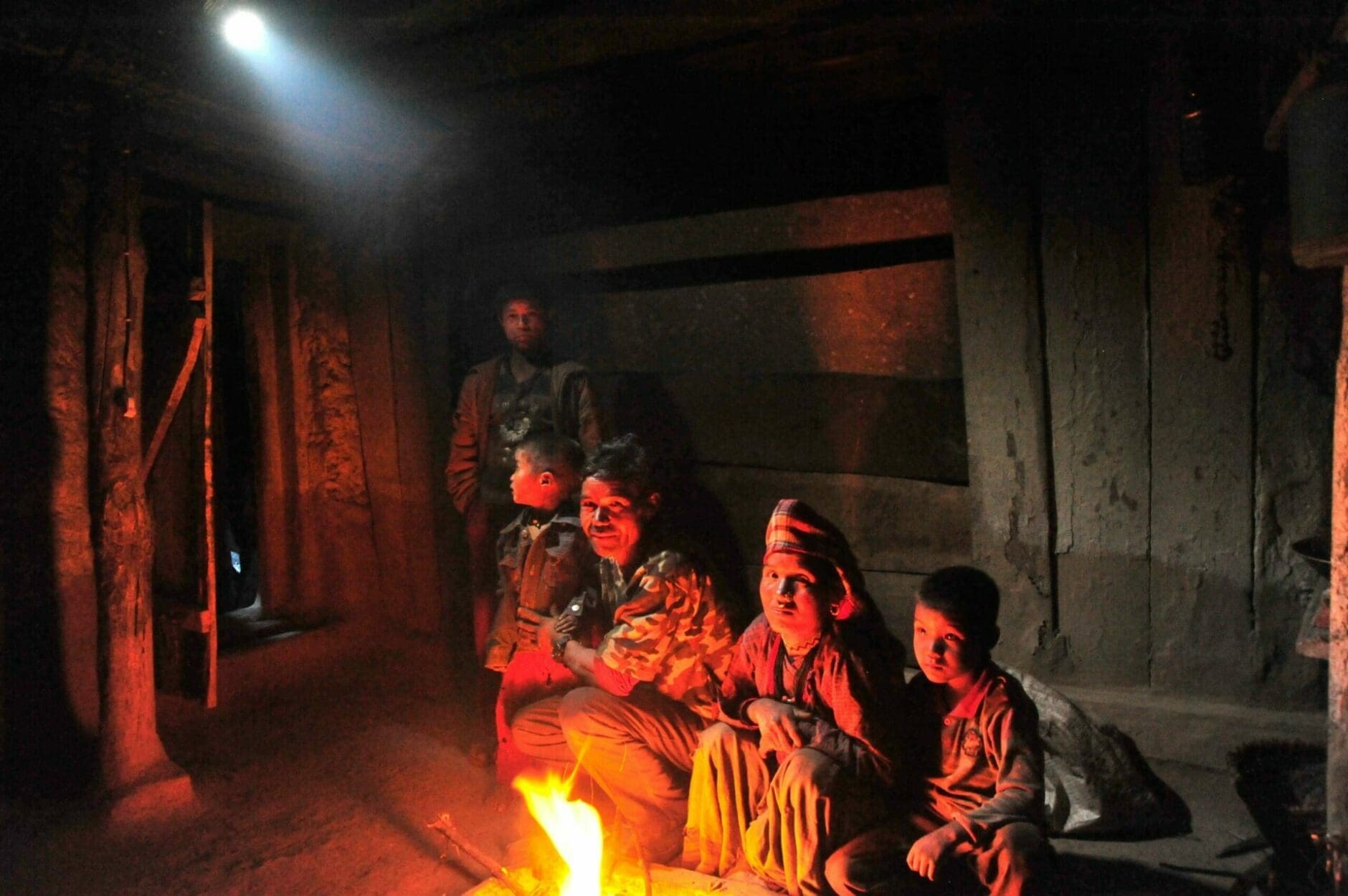
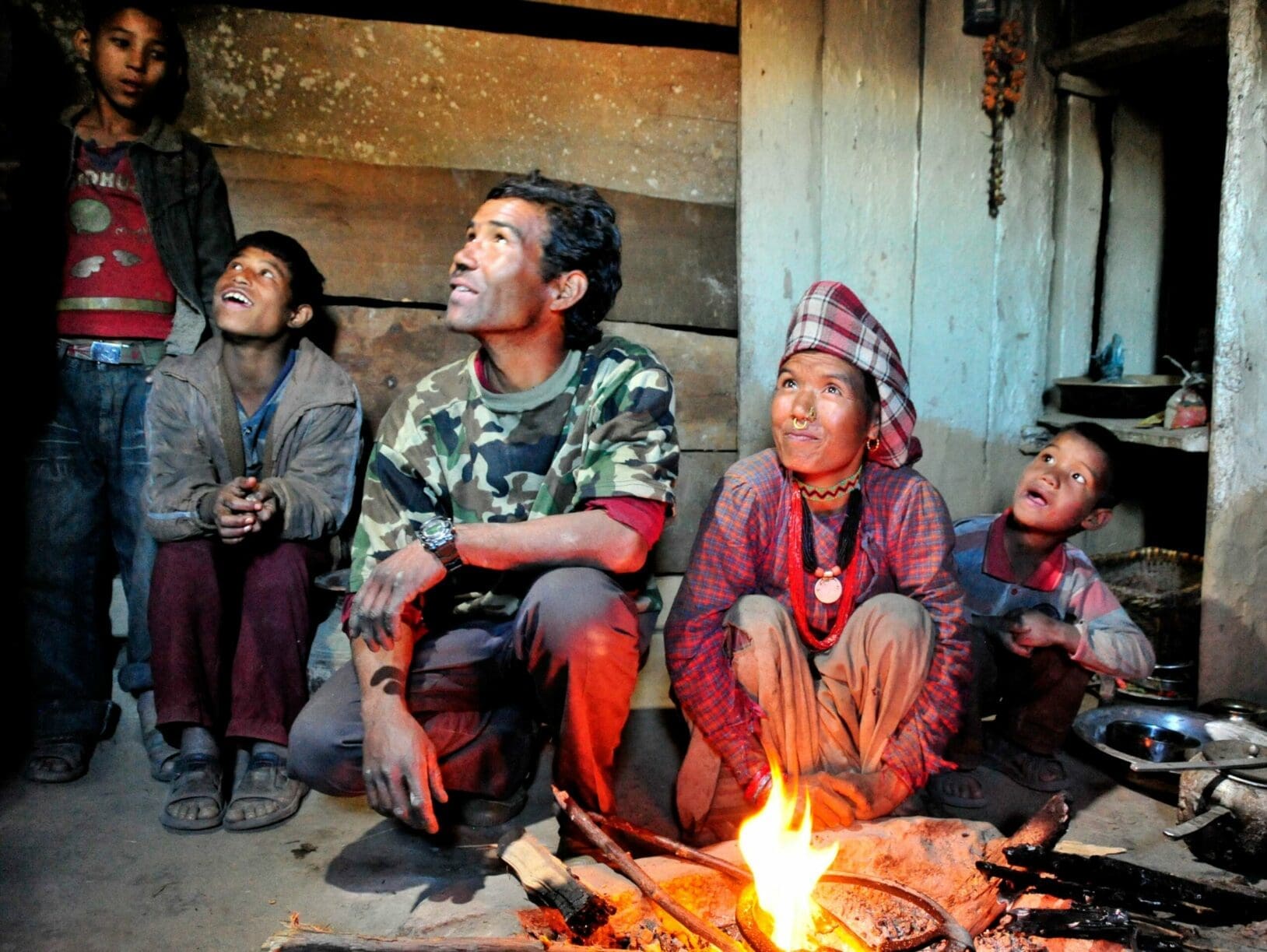
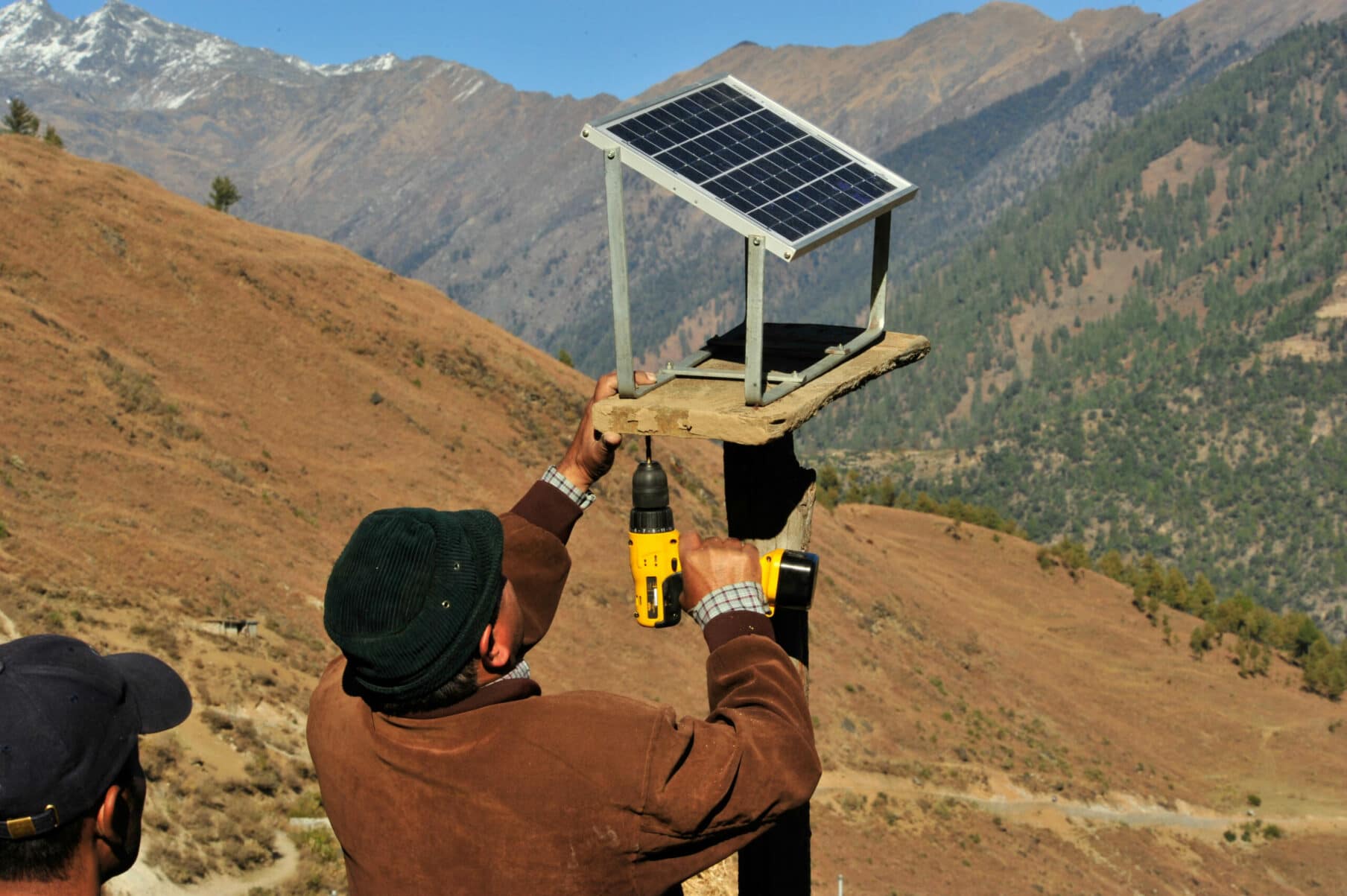
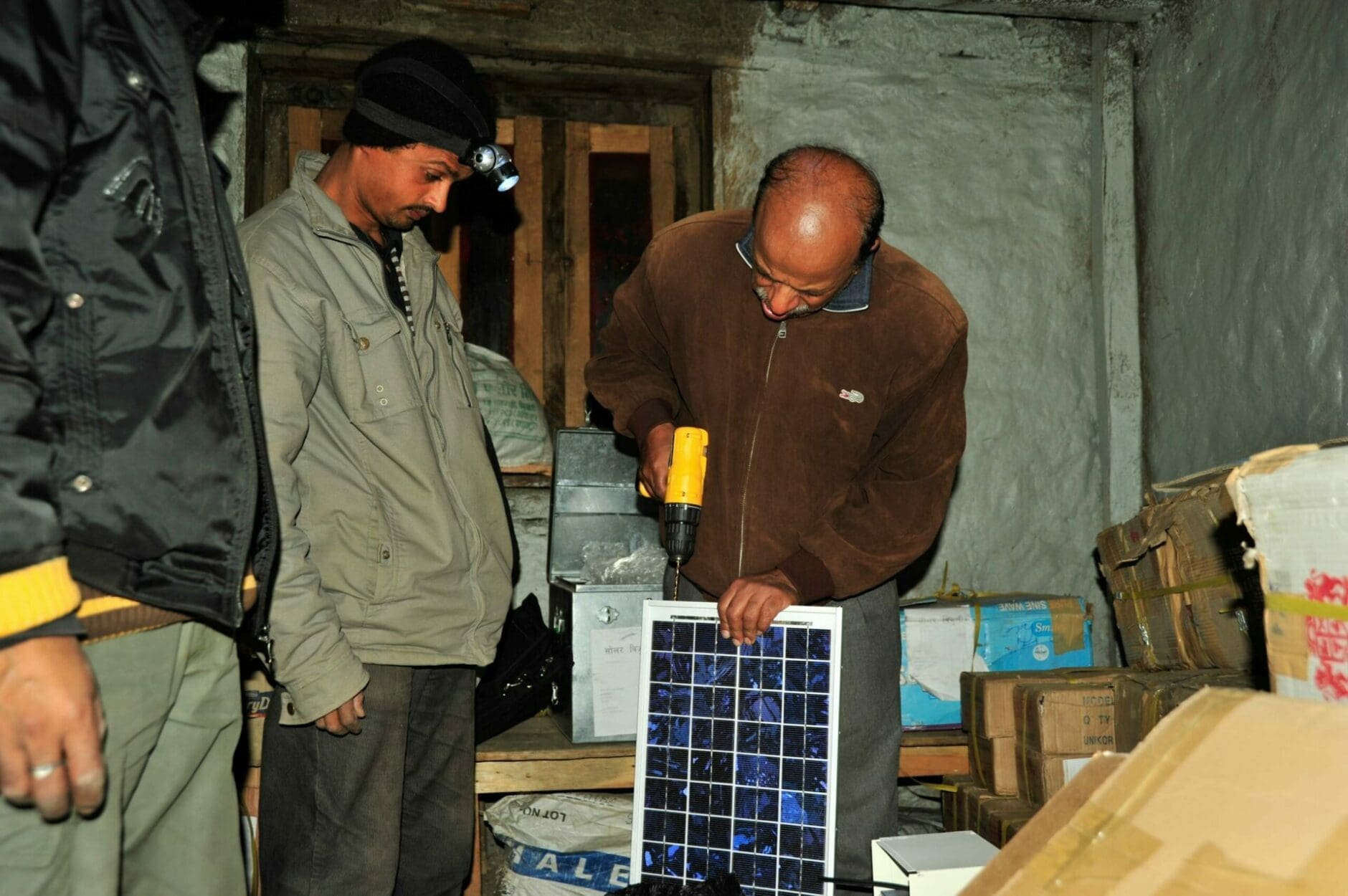
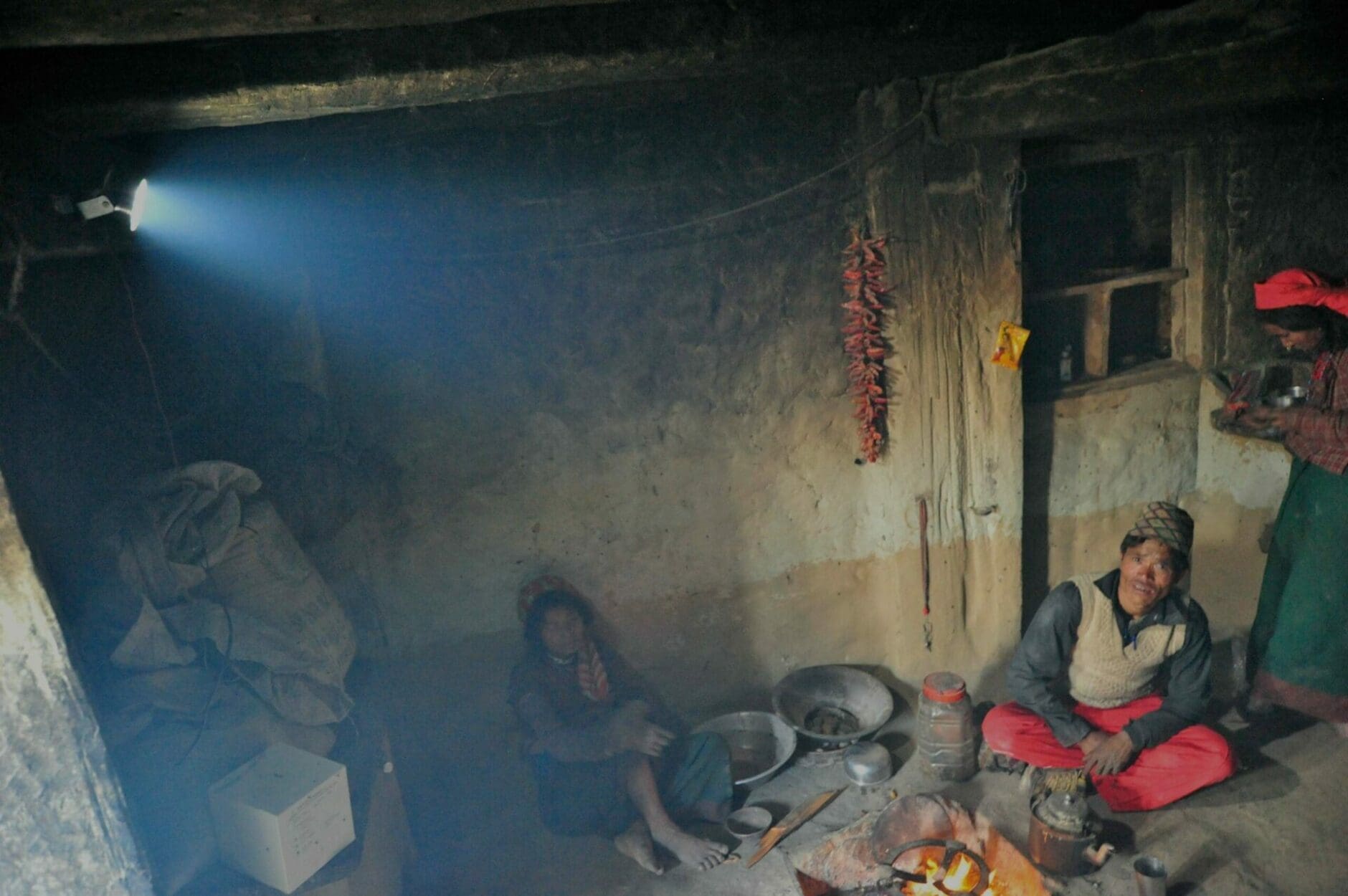
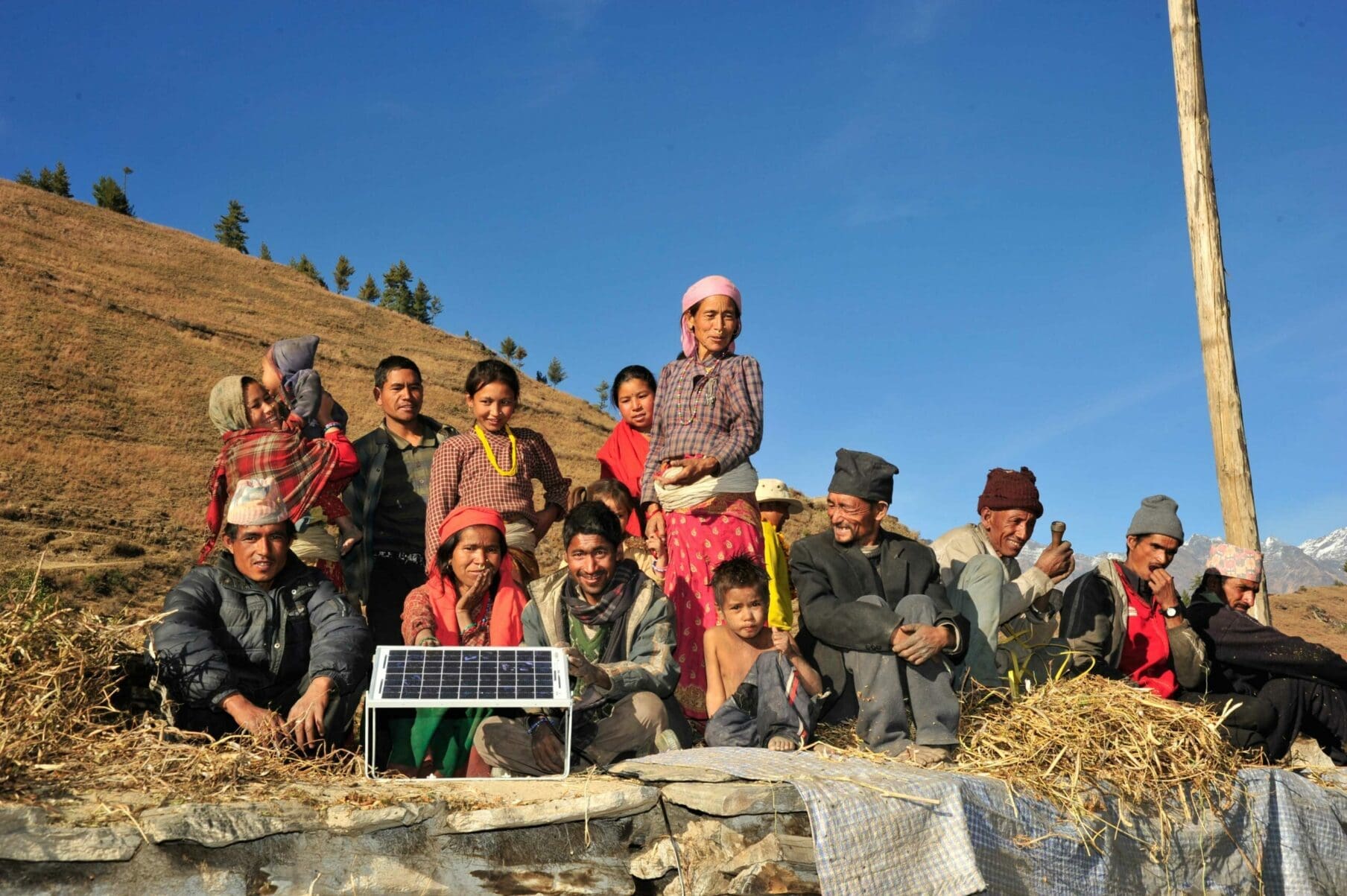
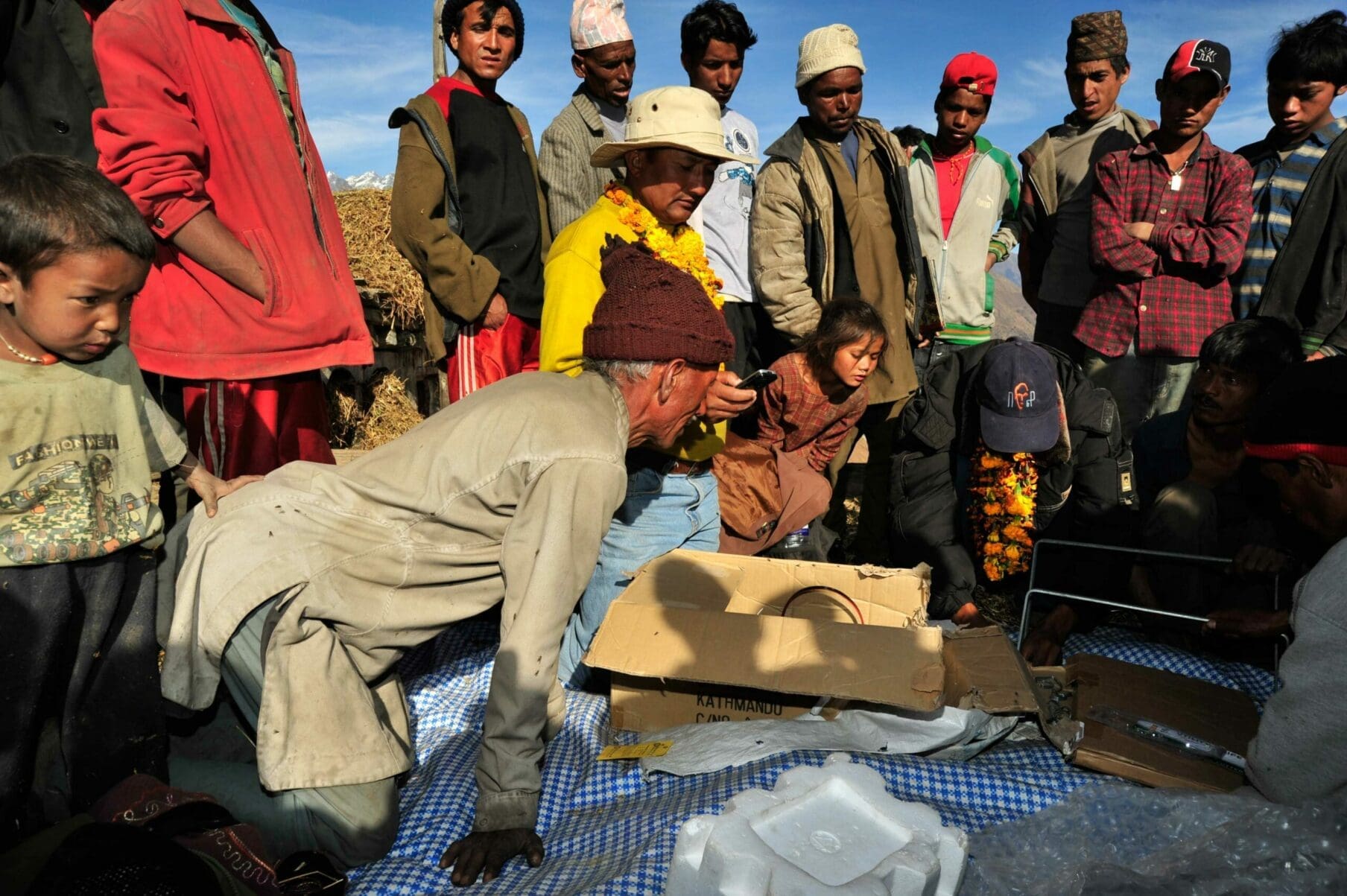
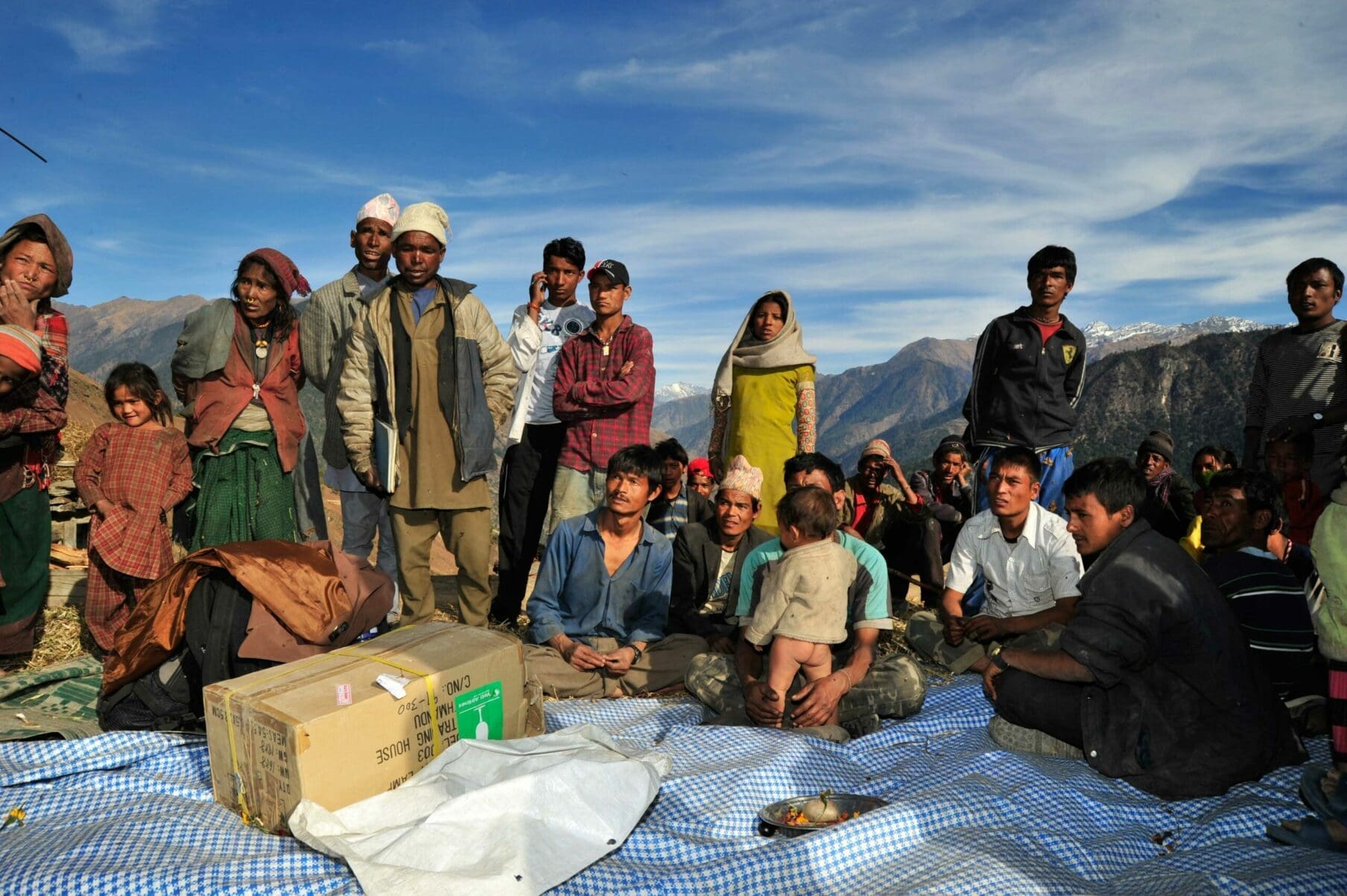
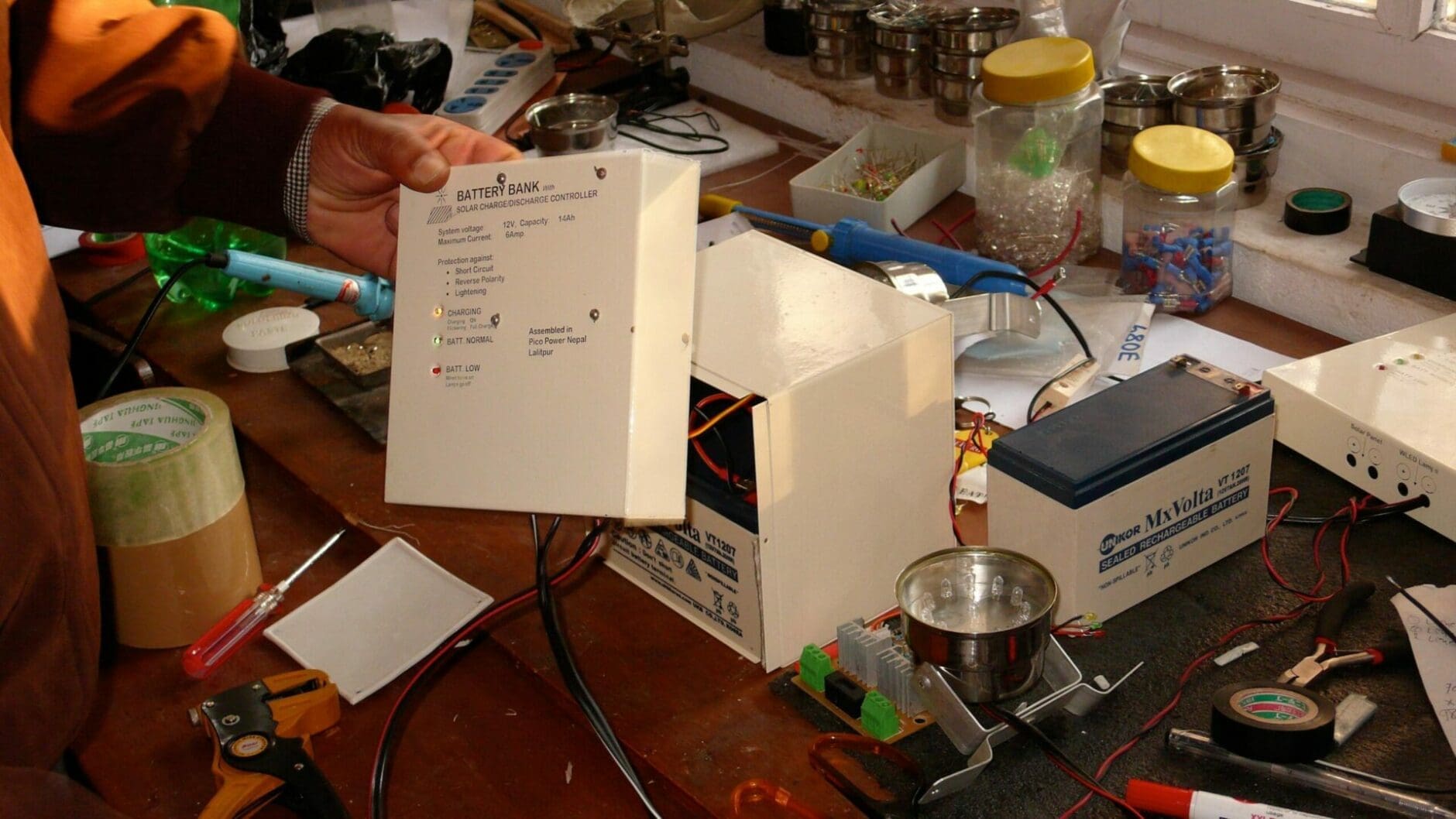
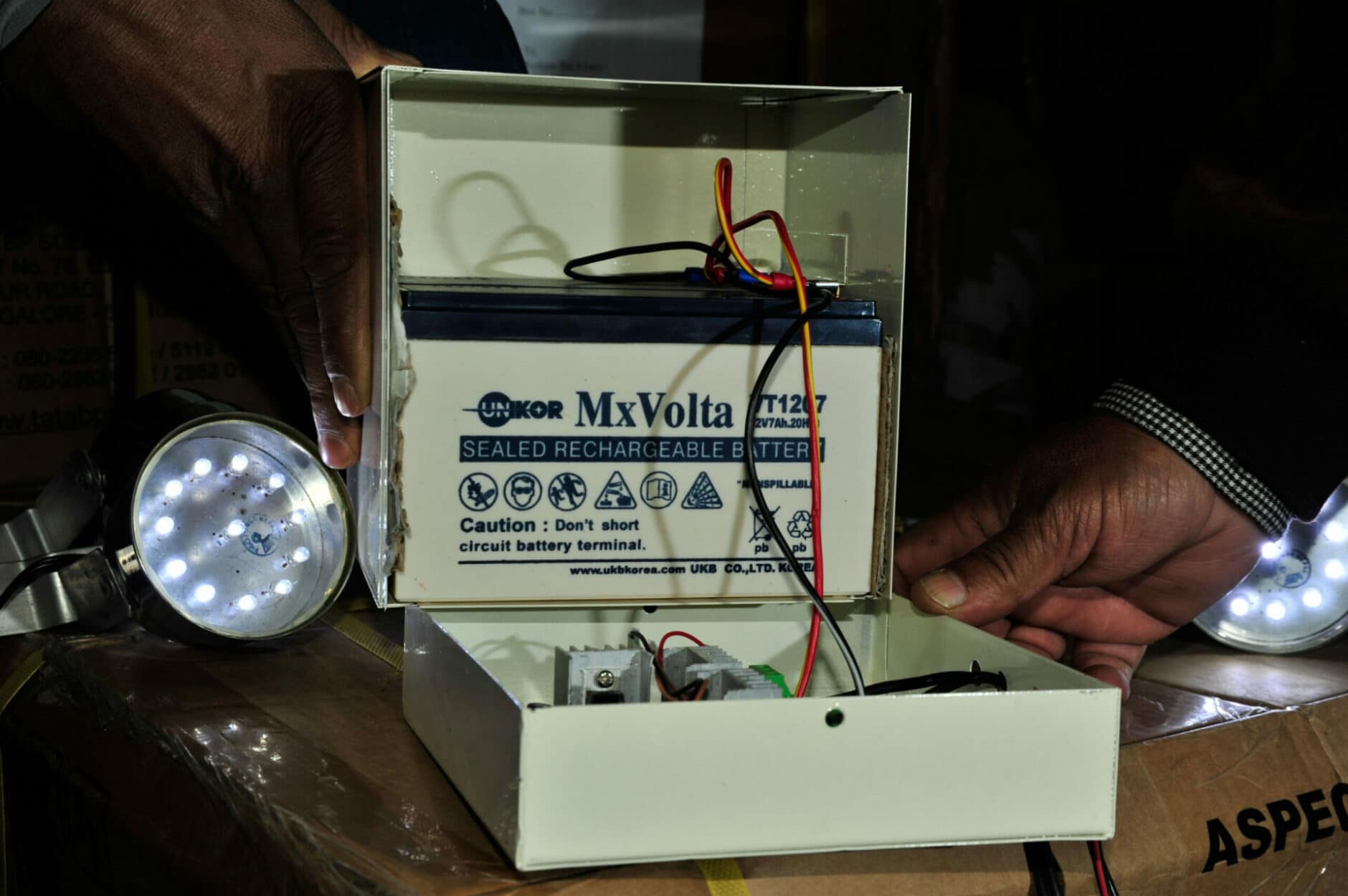
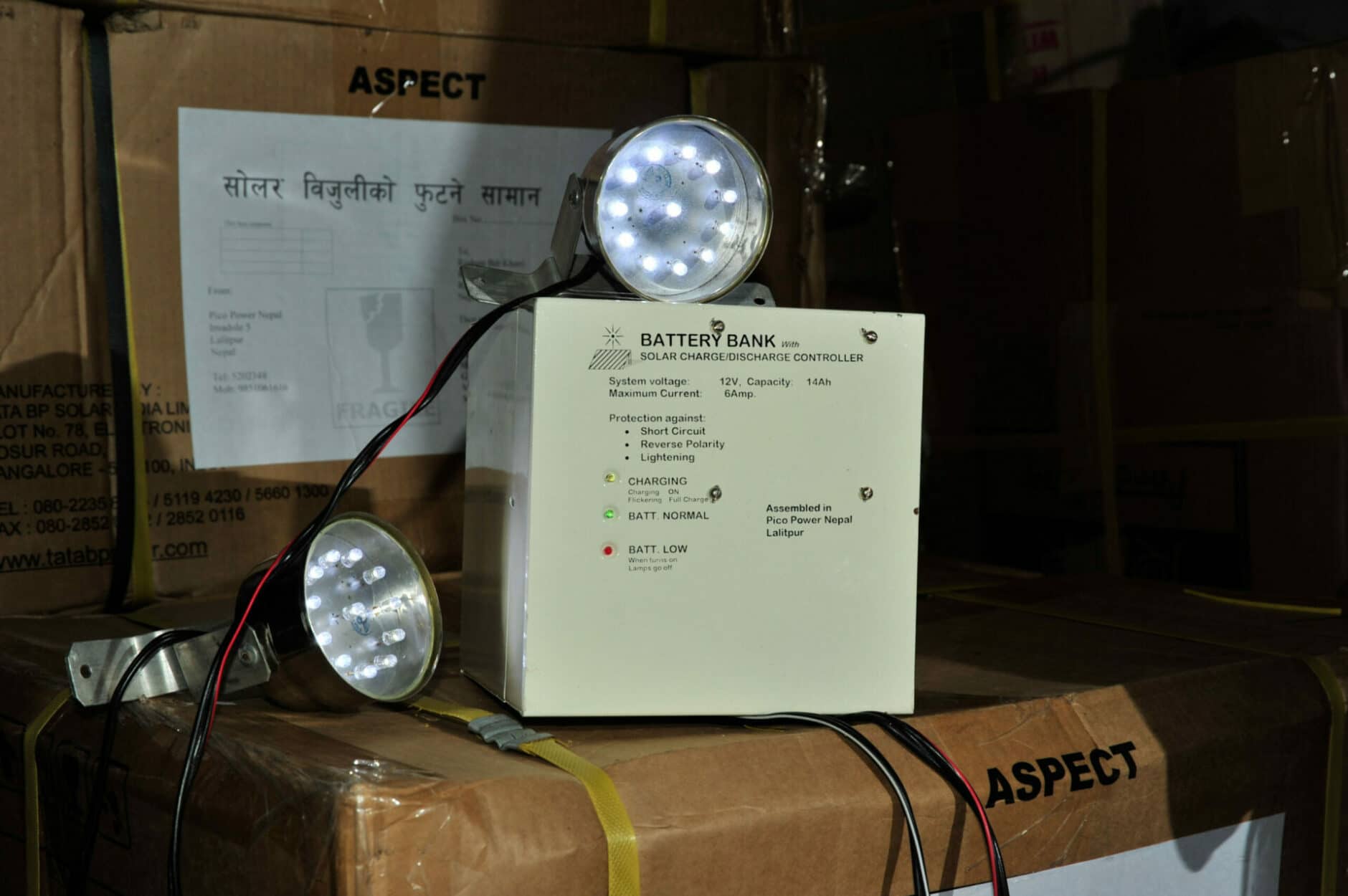
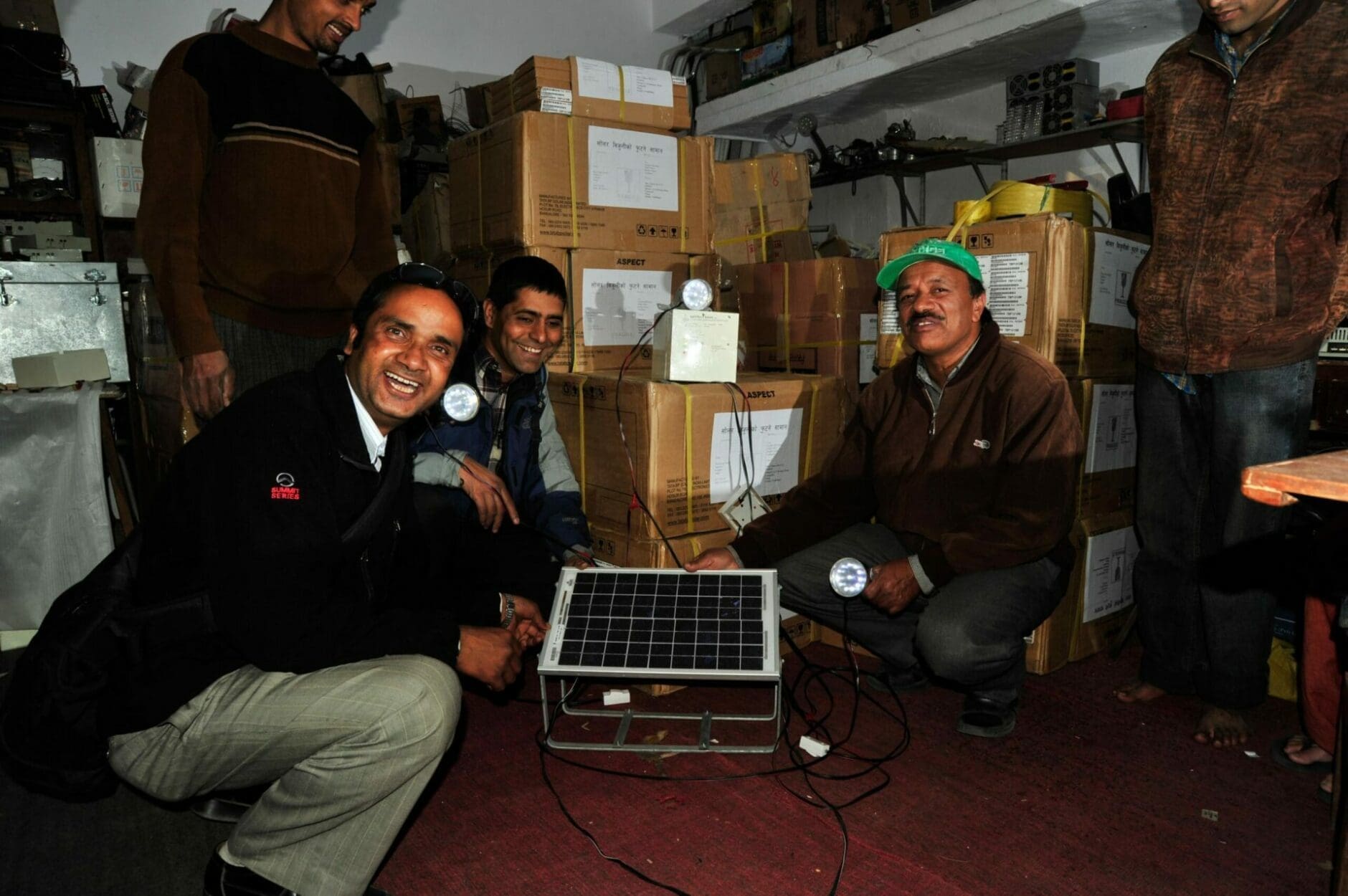
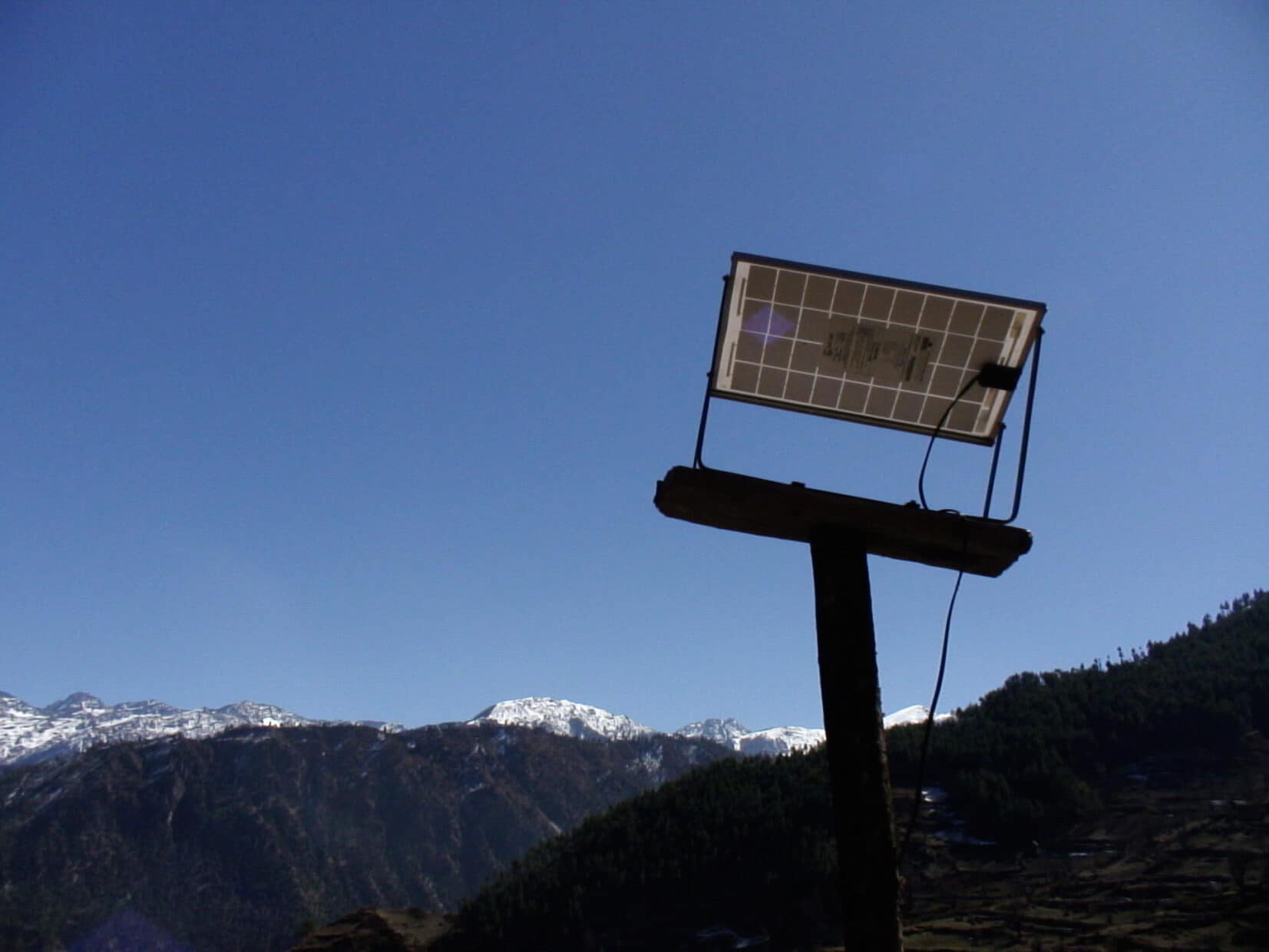
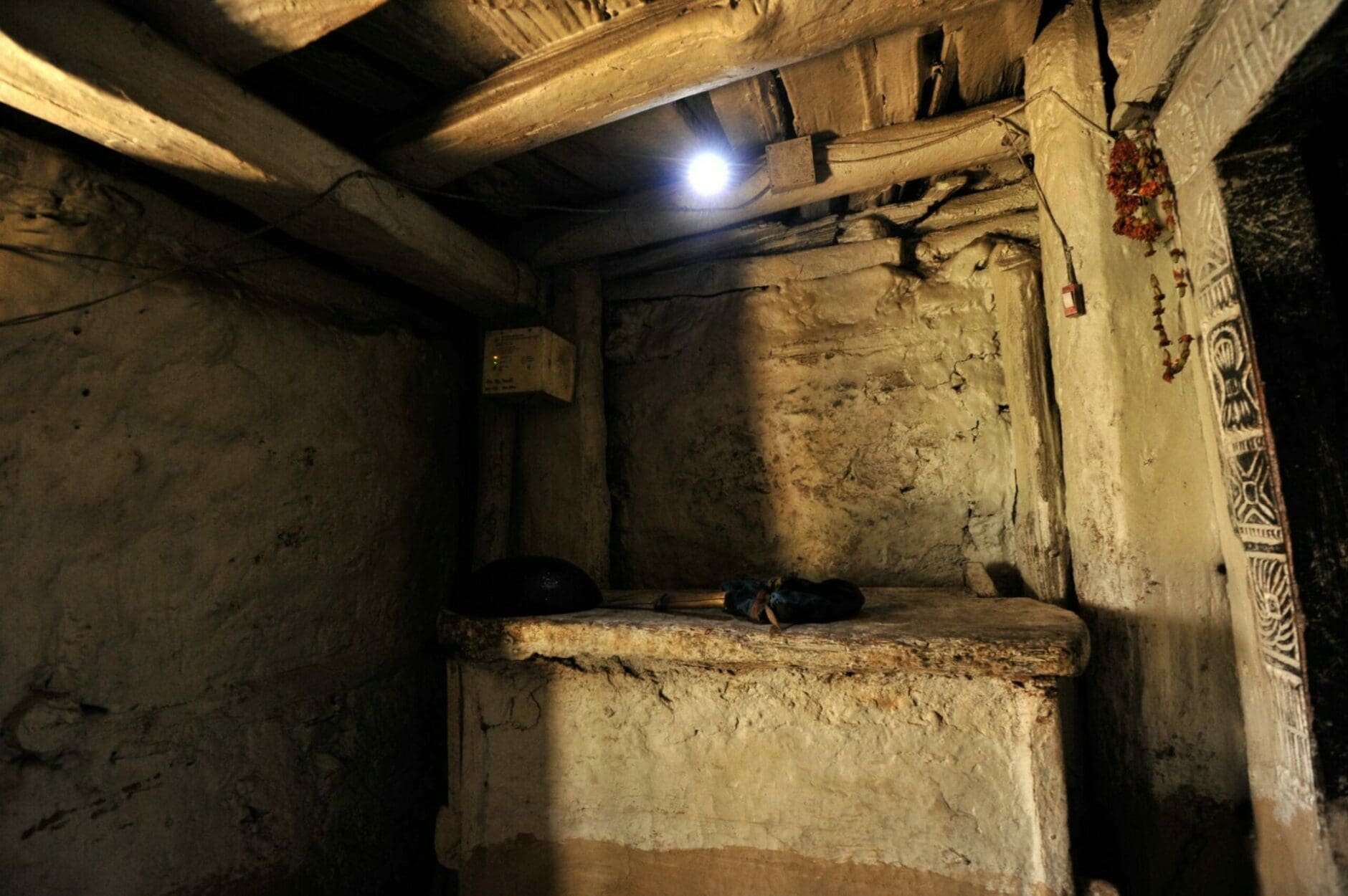
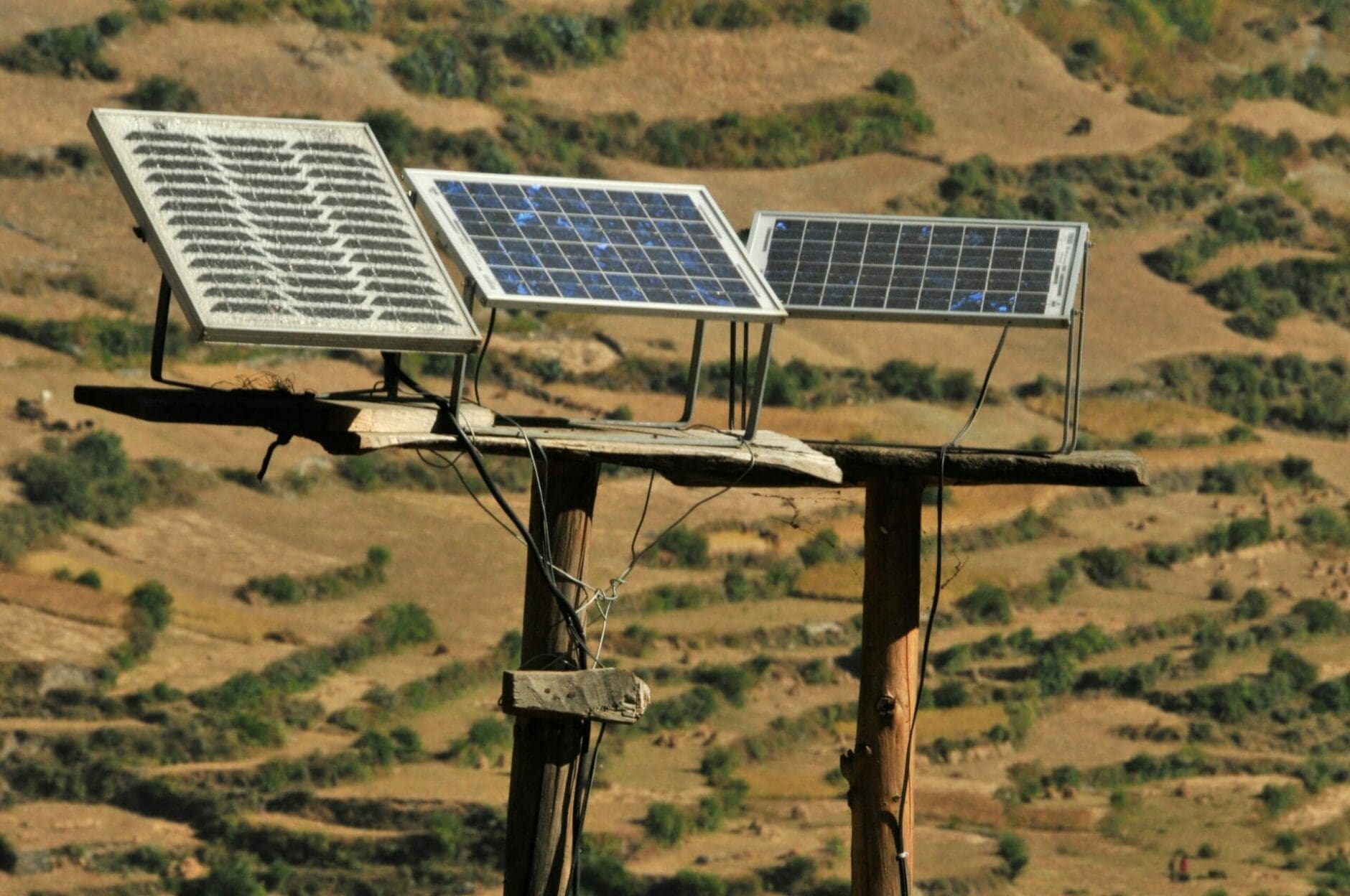
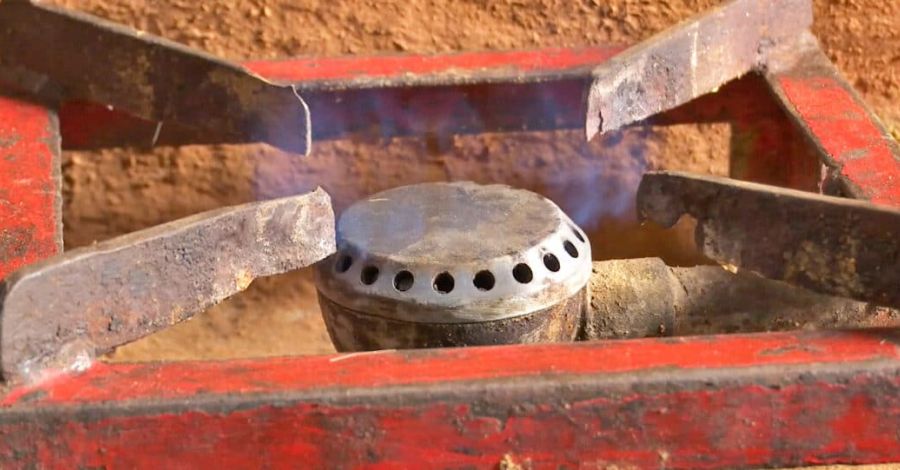
Biogas Plants
Progressive deforestation thus threatens not only valuable ecosystems, but also the livelihoods of the already very poor population, because the availability of food, fodder and energy is increasingly diminishing.
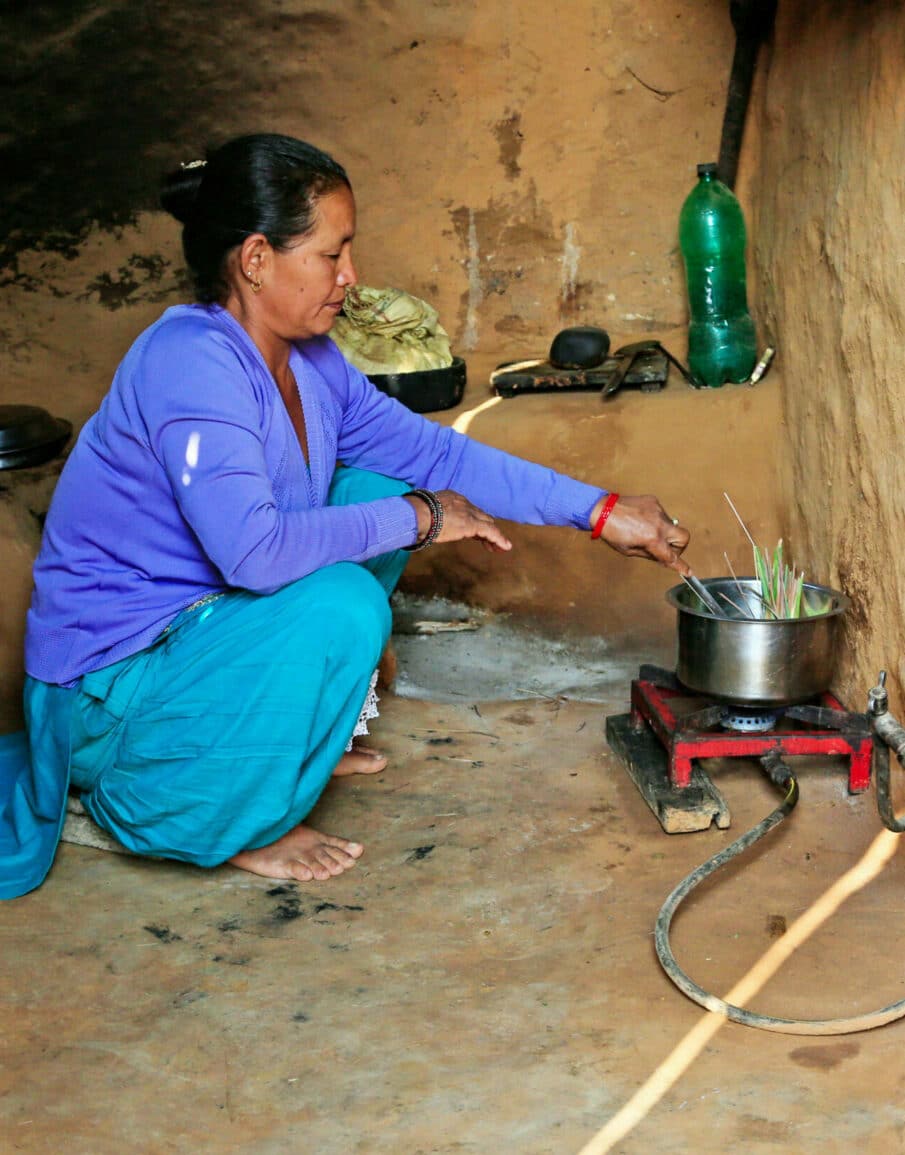
Biogas Plants in Chitwan
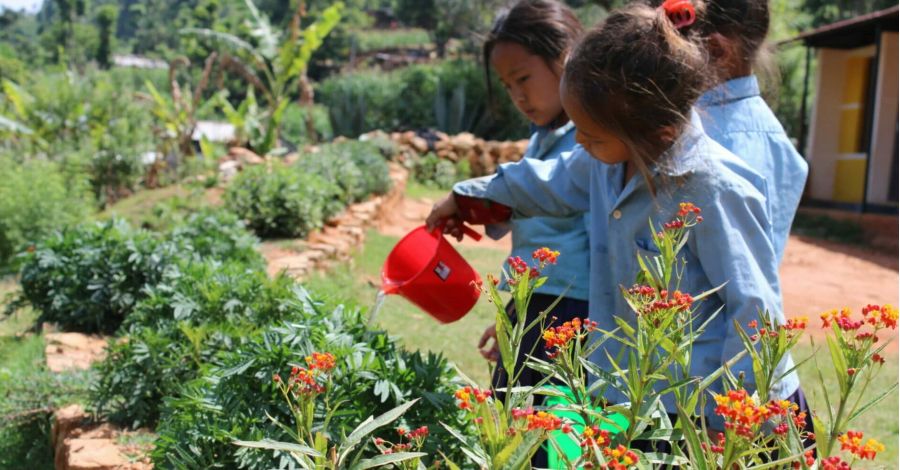
Young Environmentalists
Through community-based initiatives children and young people are supported in becoming active for the environment, educate their families and friends, and to dispose of and recycle waste appropriately.
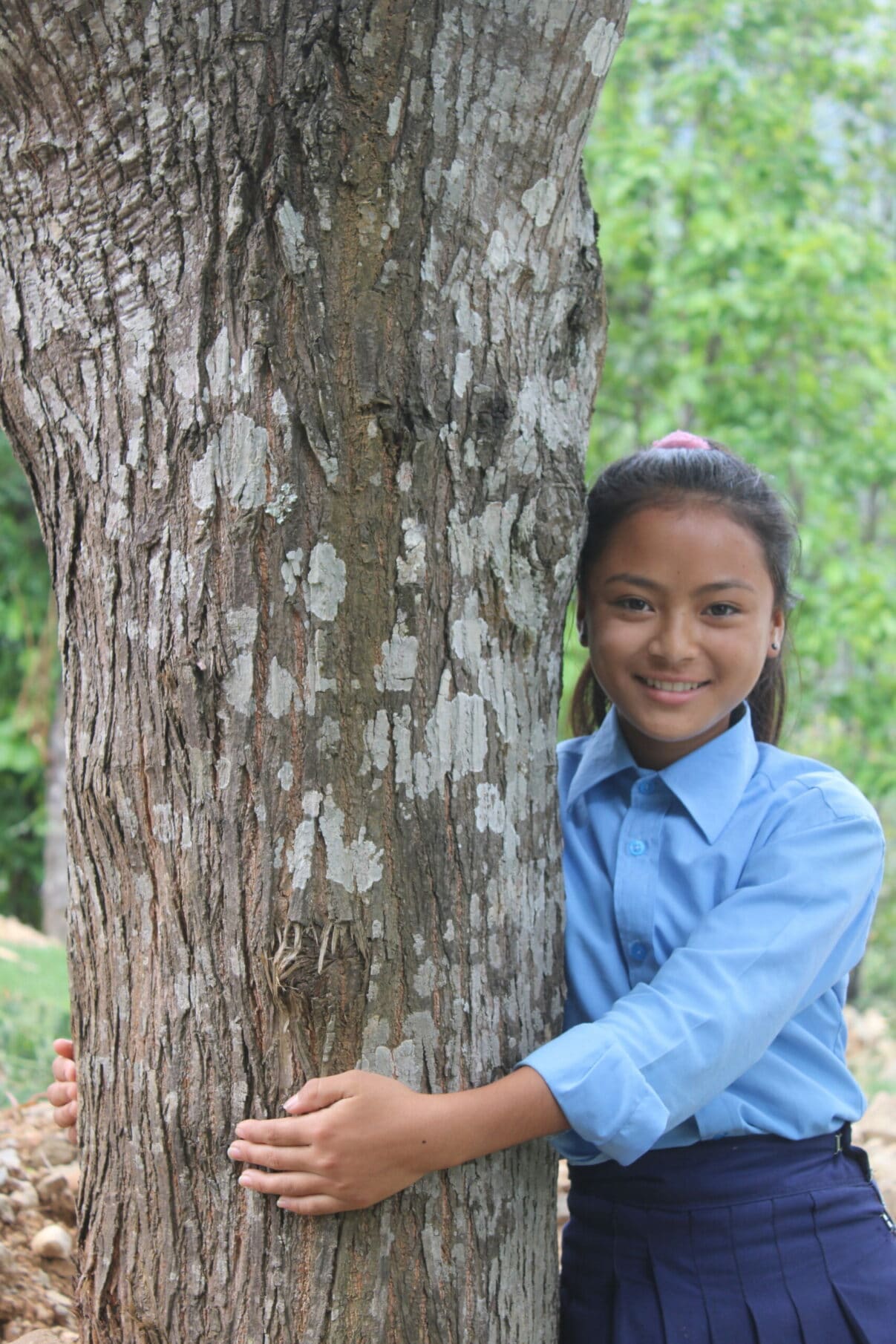
Engaging Students in Environmental Protection

THE 2030 AGENDA AT A GLANCE
What have we achieved so far?
Garbage cans and waste collection points established
Smokeless stoves
Biogas plants
People for the
sensitized to environmental protection
Climate neutral
solar lights
Our successes
-
Clean, off-grid energy for people in remote villages
-
Fewer respiratory diseases due to smokeless stoves
-
Reduced consumption of firewood & protection of local forests
- saving CO2-emissions
-
Light in the evening hours makes learning, reading and working easier
-
Women spend significantly less time collecting wood
-
Increased environmental awareness & reduced pollution
-
Usage of organic fertilizers established
-
Youth mobilised for active environmental protection
In one mountain village, after his solar system was hooked up, a man told me, “Now we finally have eyes for the dark!” I’ll never forget that. It is worthwhile for people and the environment to establish clean energy in remote areas. We can make it happen with your help!







